Welcome to our blog on metal ceiling ideas for interior decoration!
When installing a metal ceiling, are you confused about the material choice for the metal ceiling?
If you are a project contractor, an interior designer, an architect, or an individual simply curious about metal ceiling materials, don’t miss this article as we unravel the status and trends of metal ceilings.
The Advantage of Selecting Metal Ceilings
The advantages of selecting metal ceilings are obvious. Metal ceilings possess superior durability, low cost, and good fire resistance. Also, they are easy to maintain. Currently, many kinds of metal are available, including tin, aluminum, and stainless steel.
When it comes to ceiling material ideas, especially in metal ceiling material design ideas, H&N Dec Metal stands out from the competition without difficulty. The company mainly offers stainless steel sheets used for ceilings, with various processing technics on surface texture.
Metal Ceiling Material Ideas
Before we get into the ceiling material ideas, let’s skim the production process of each material.
Poliert
The process of polishing can be roughly divided into 3 Steps as below:
-
Raw material preparation: Before polishing, the stainless steel sheets must be cleaned thoroughly. Remove foreign matter to avoid scratching the surface. Don’t leave any stick residue.
-
Sanding: Use finer grits to eliminate roughness like scratches and welds.
-
Buffing: Get a smooth finish through the multi-step operation. Usually, a buffing wheel is applied. Process constantly until achieving a mirror-like shining. The best qualities for metal ceilings are reached.
The unique advantages of polished stainless steel:
-
Corrosion resistance: Polished stainless steel metal has superior corrosion resistance. Polished surfaces reduce the risk of rust and corrosion by reducing porosity. Because it prevents water vapor. This makes it widely used in lucifuge and wet environments.
-
Easy to maintain: Polished stainless steel surfaces are easy to clean and maintain. The smooth surface controls the growth of bacteria and other pathogens. A highly smooth surface is more likely to stay clean.
-
Shine restoration: High gloss, good reflection.
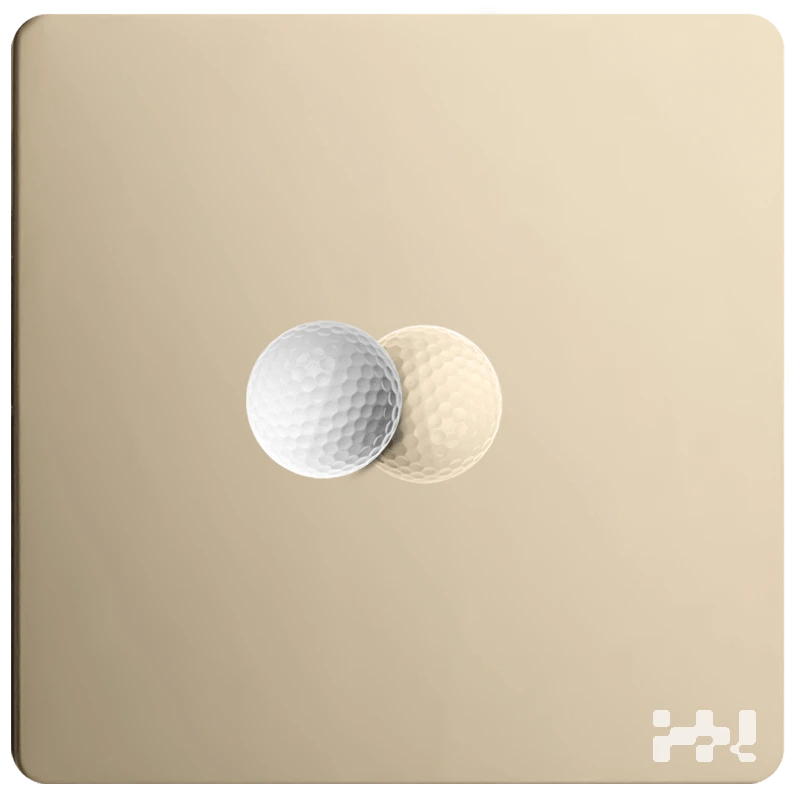
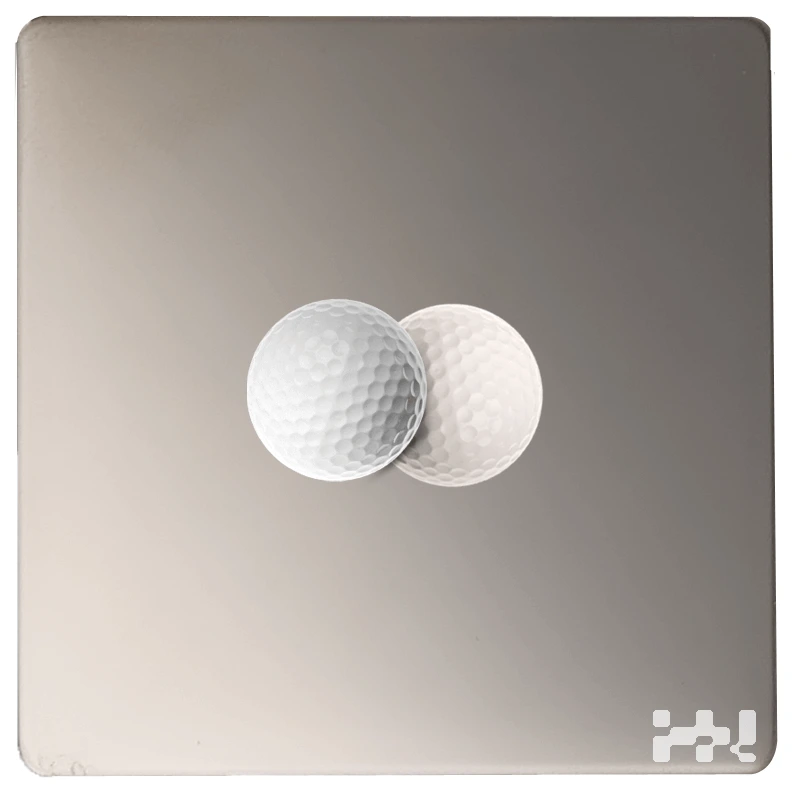
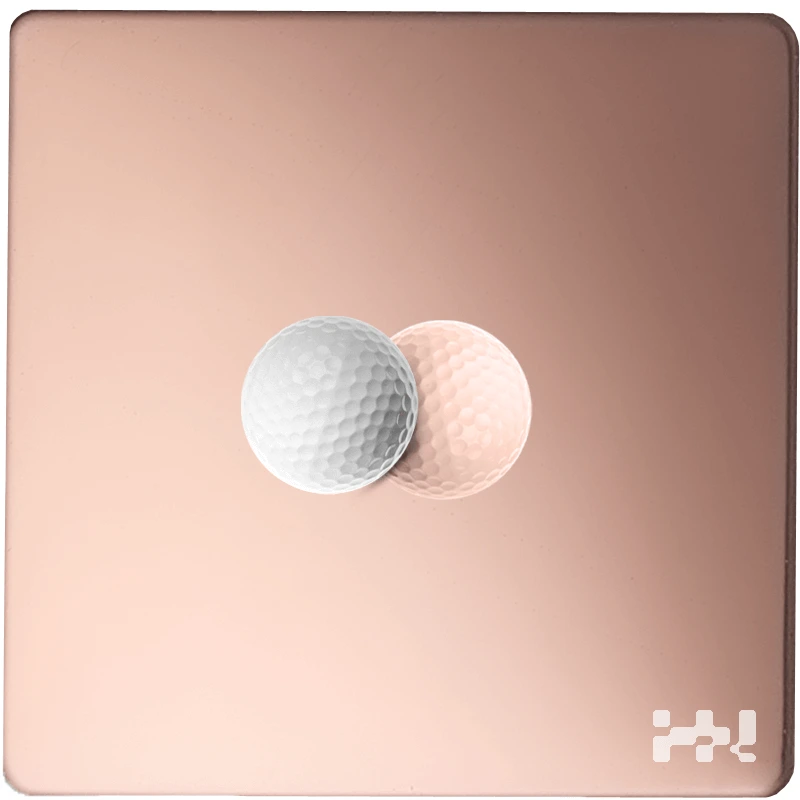
Stamped
The process of stamping can be roughly divided into 2 Steps as follows:
-
Forming: After cutting the metal sheet, we shape it. Use a mix of techniques: bending, coining, embossing, and deep drawing. These techniques apply pressure to the metal. They make it take the desired form without losing structural integrity.
-
Finishing: Once formed, the stamped metal parts are deburred, polished, and coated. These steps help meet the required specifications and feature smooth edges.
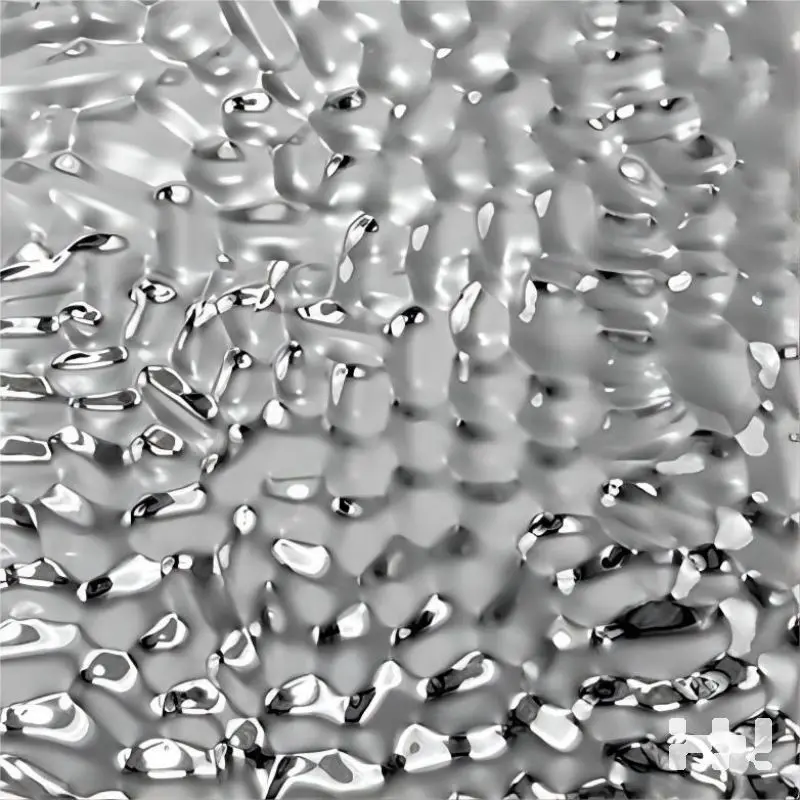
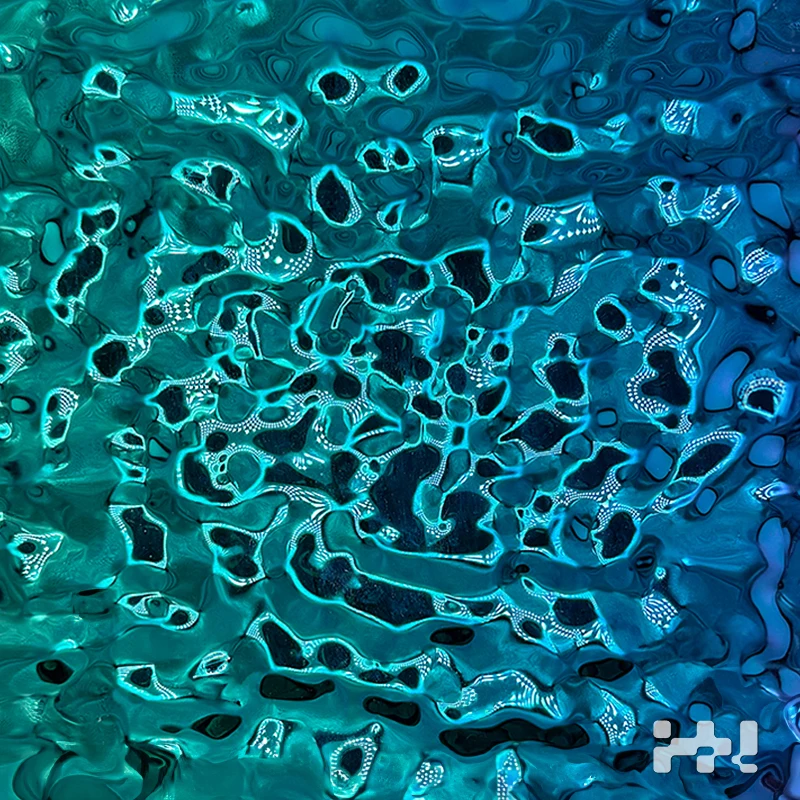
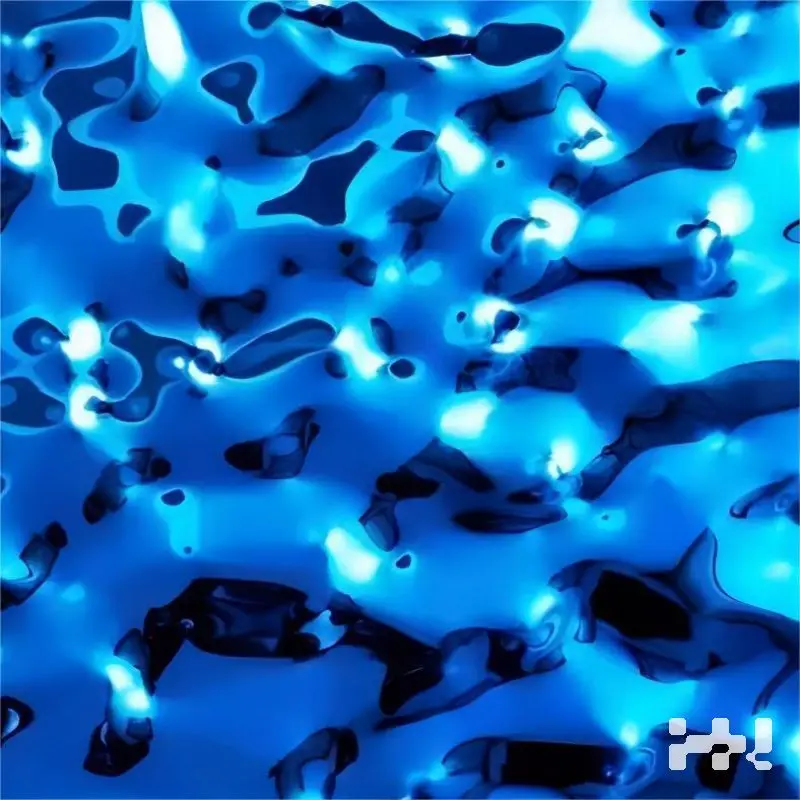
Vibration
The process of stamping can be roughly divided into 2 Steps as follows:
-
Friction is generated by vibration pulses to create a clearly textured surface.
-
A vibratory finishing machine can cut inside a metal part. It can reach every area the selected media can get into.
Unique benefits of vibratory finishing:
-
A better option for large or delicate parts. Reduce labor costs.
-
Longer lifespan and better durability.
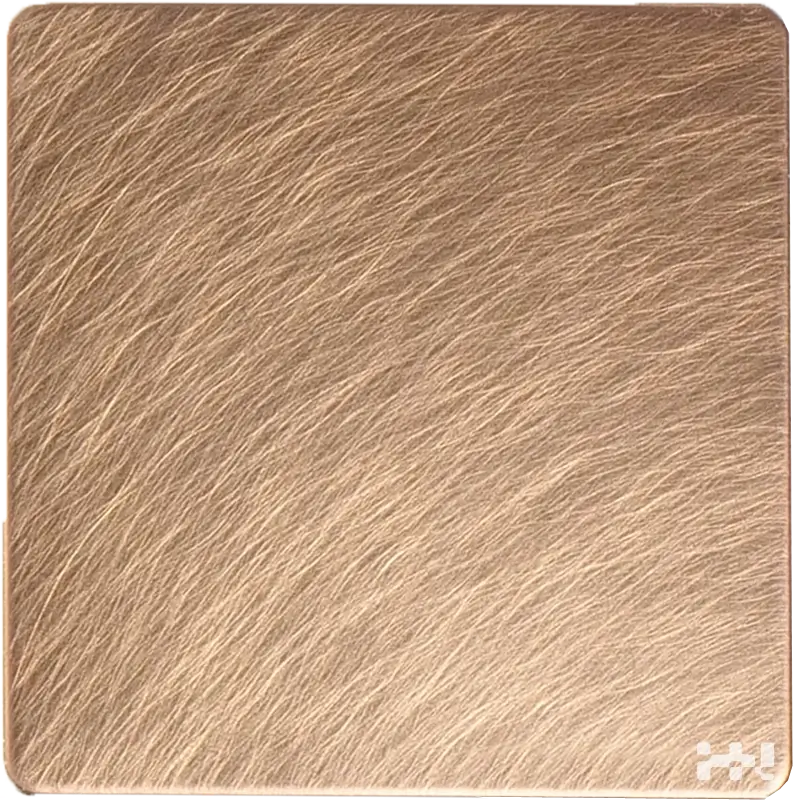
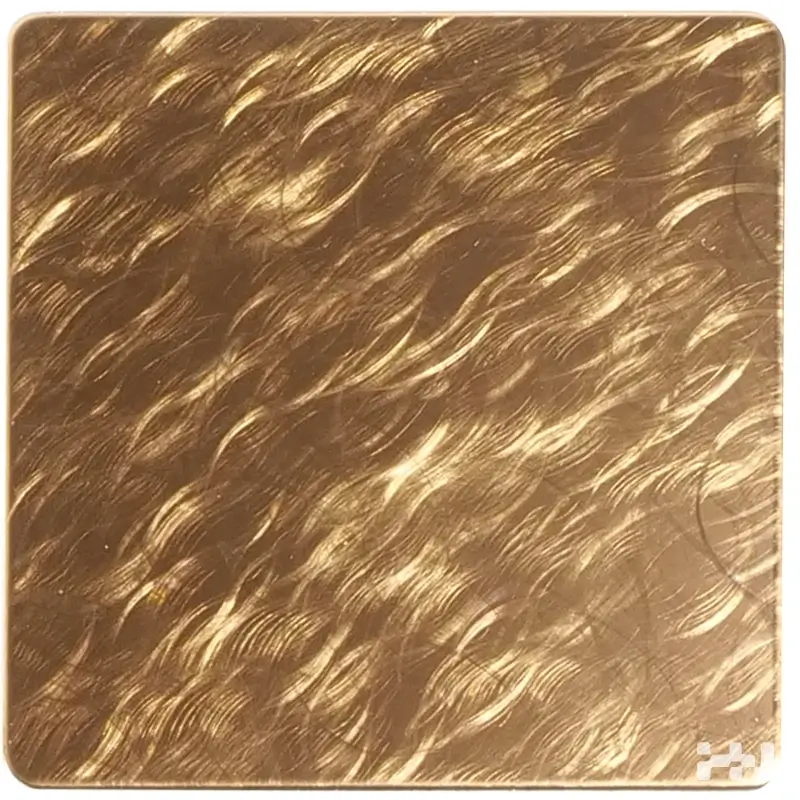
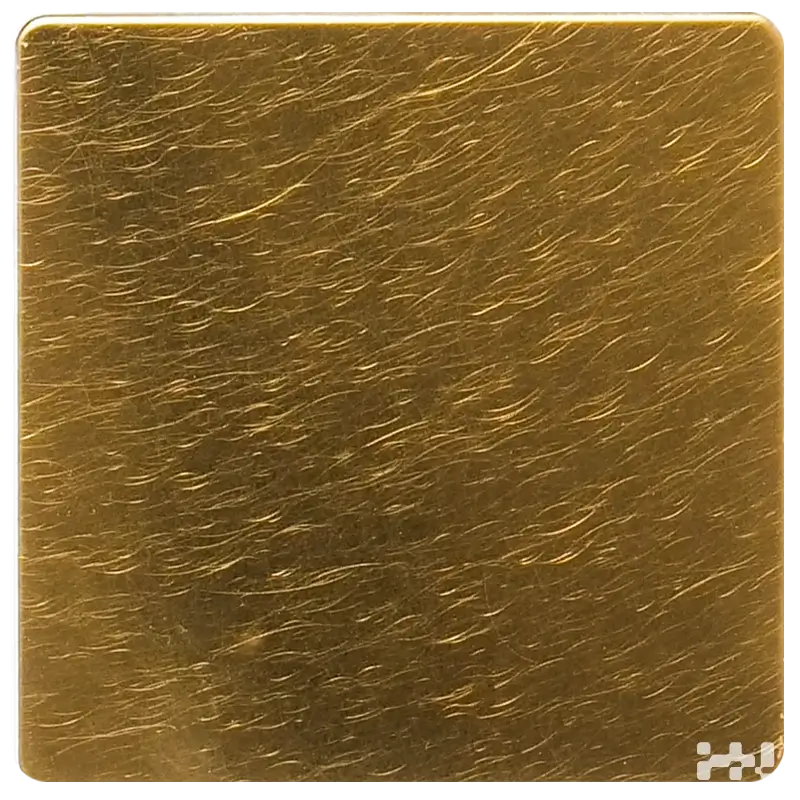
Gebürstet
The process of stamping can be roughly divided into 3 Steps as follows:
-
Pre-stage: Clean and sand the stainless steel surface that needs to be treated.
-
Brushing stage: An abrasive brush moves in a circular motion on the metal surface to remove defects from the surface.
-
Post Stage: After brushing, the metal surface is excluded from all fine particles and metal residues by rinsing.
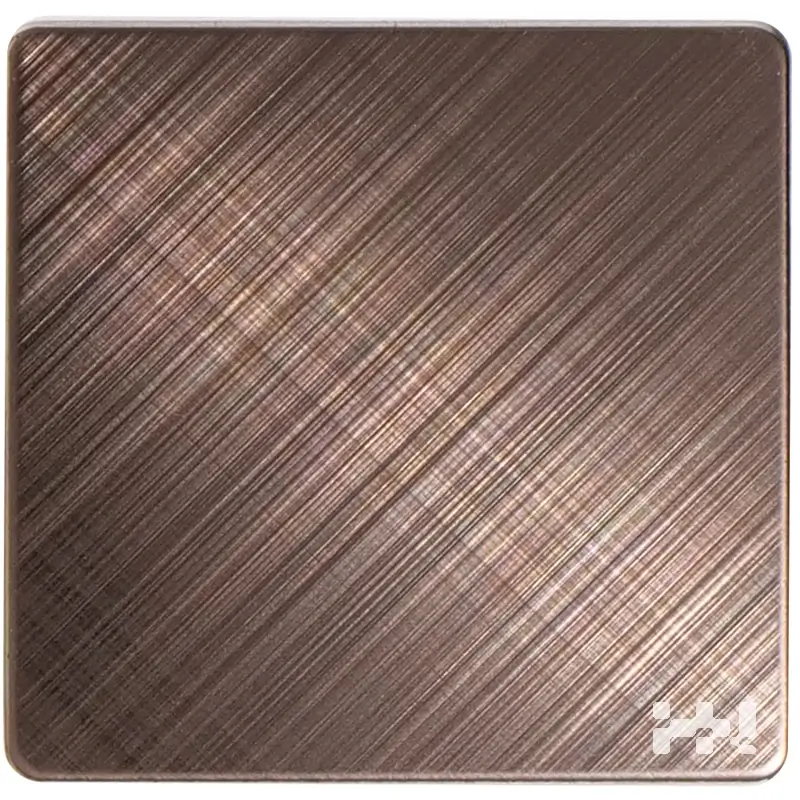
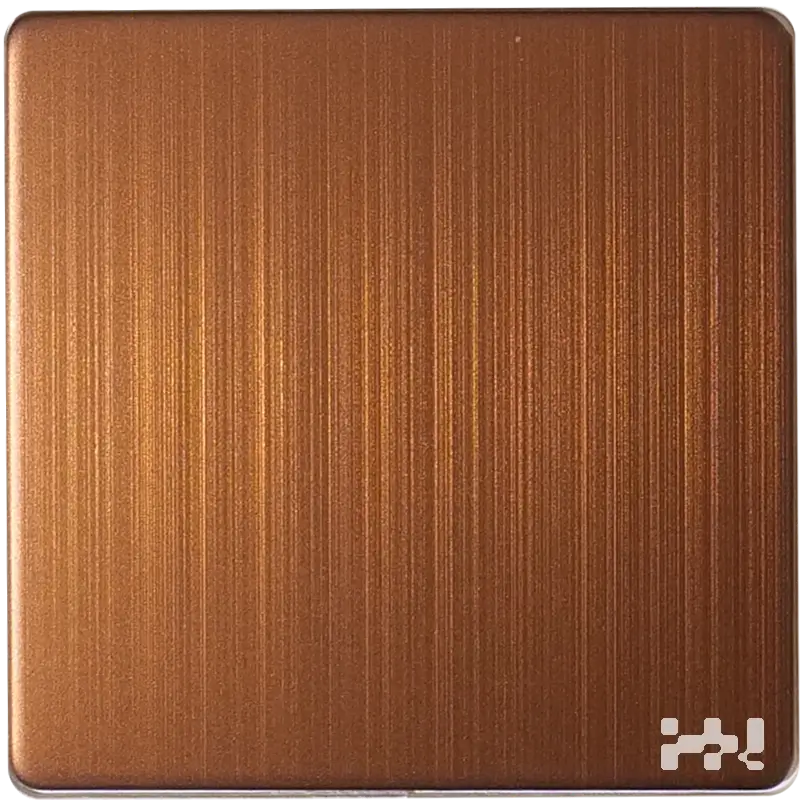
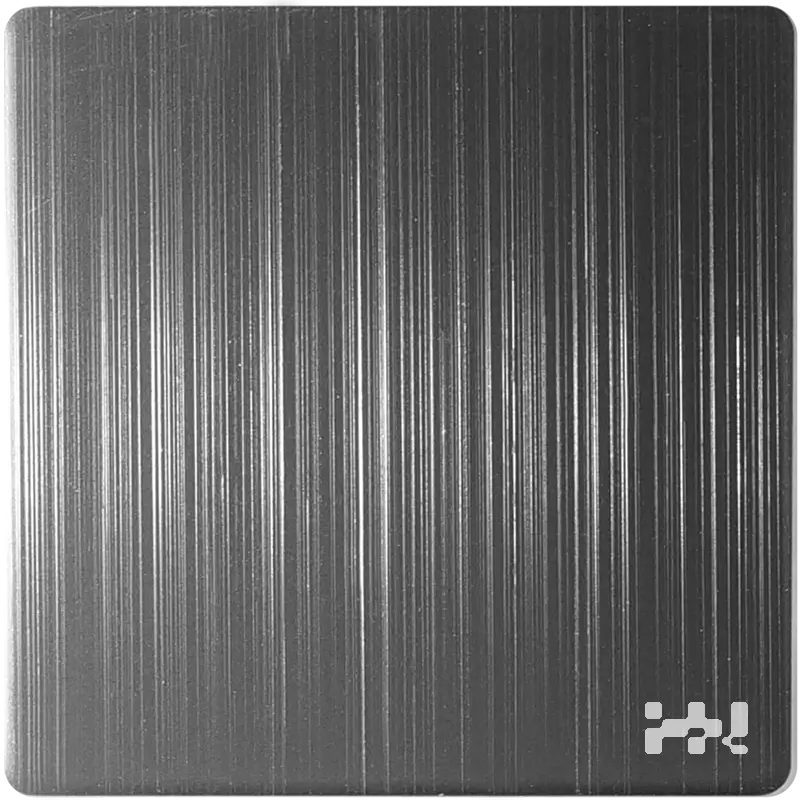
Perlgestrahlt
-
Bead blasting: An operation of using compressed air to propel a stream of abrasive material (blast media) at a surface. This affects the surface finish.
- Bead blasted metal surfaces have a soft sheen. It gives a diffused light sensation and diminishes the sharpness of the metal.
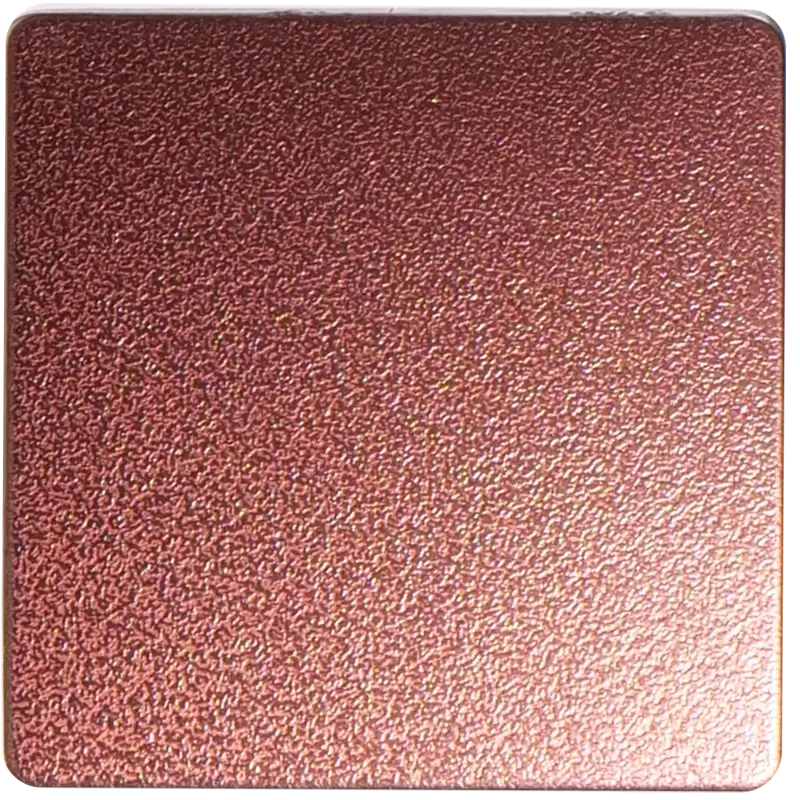
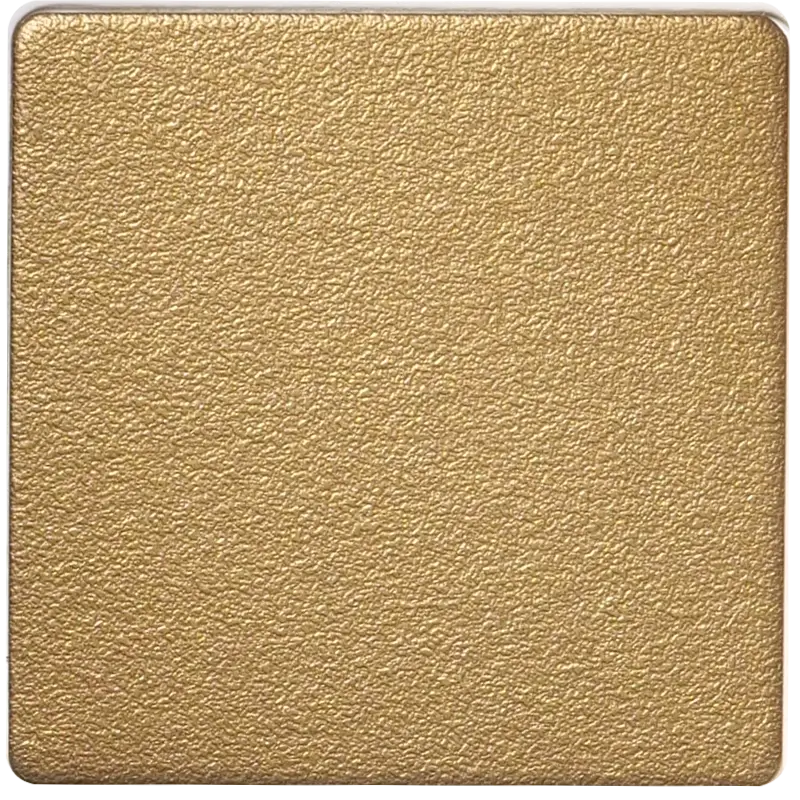
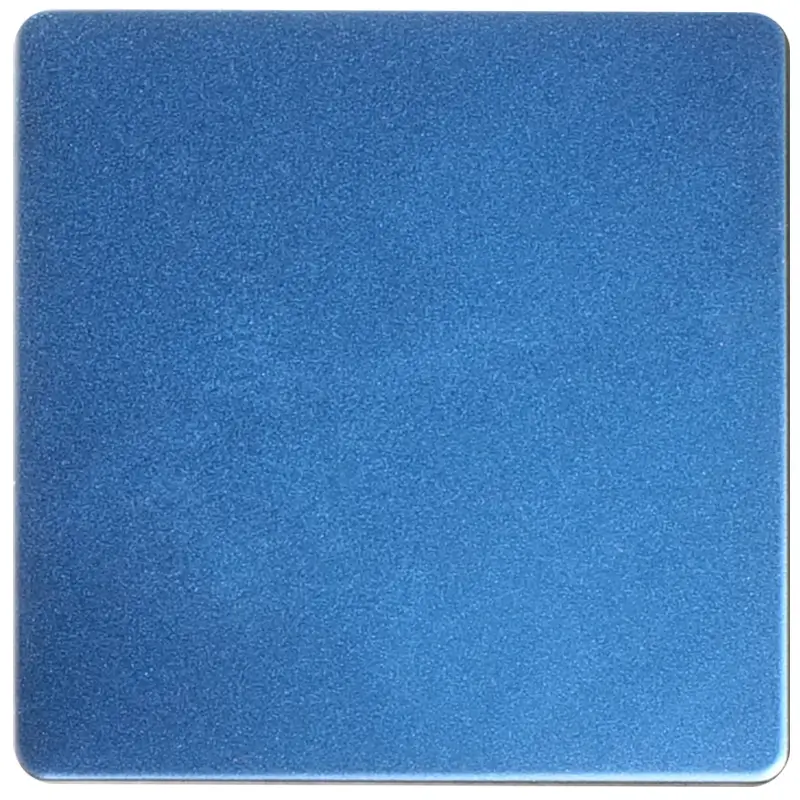
Masche
-
Wire Drawing: Using a specific machine, the raw material can be drawn down into metal wires of various diameters, which customers want.
-
Weld and weave: By welding or weaving, wires are intersected and joined in a regular form. We form strong and durable weld joints.
-
Trimming and Straightening: In order to remove excess material and achieve uniform edges, trimming is important. Then, it passed through straightening rollers to ensure it lay flat and maintained its shape.
-
Surface Treatment based on the intended application. Test the finished product to verify strength and integrity.
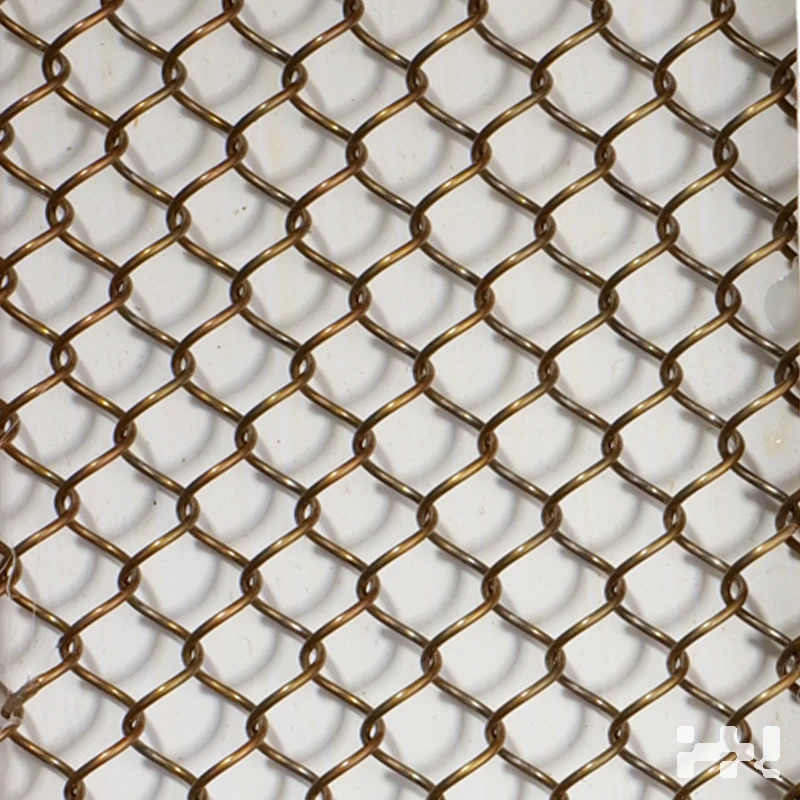
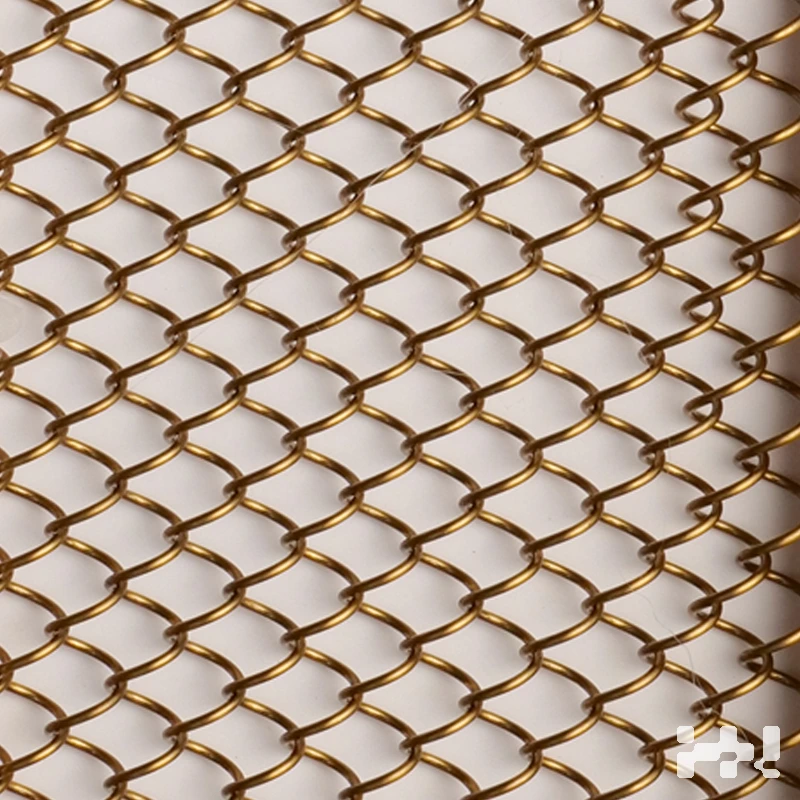
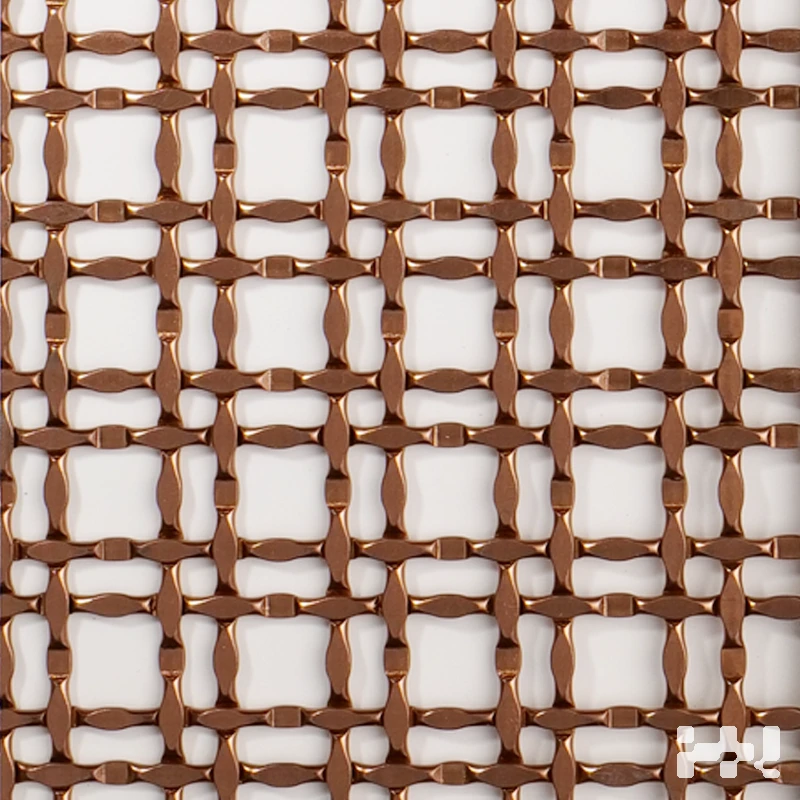
Popular Metal Ceiling Types
Mirror Ceiling (Polished) -- Shiny and Bright
The surface of polished stainless steel, which is universally used in mirror ceiling ideas, has a smooth surface with a bright luster. It can reflect light like a mirror.
This type of stainless steel shines brightly in the sunlight, easily catching people’s attention. Designers can use it in the ceiling to expand visual space, creating visitors’ illusion of building height. Without losing modern sense, a spacious and transparent atmosphere arises.
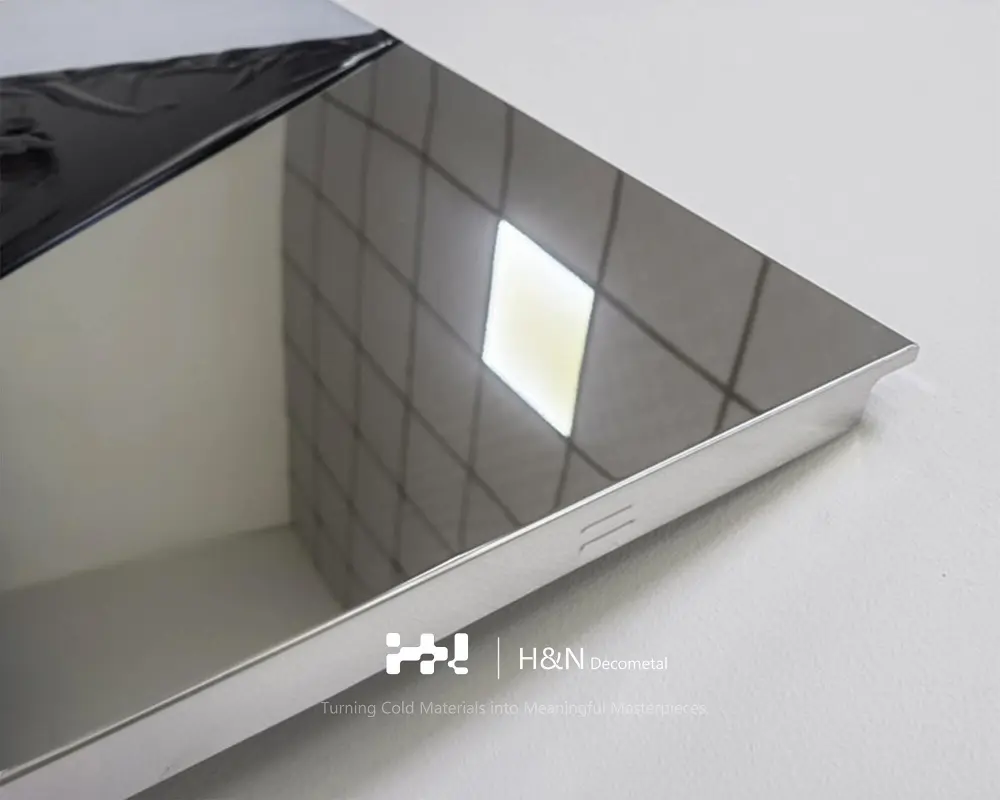
Water Ripple Ceiling -- Flowing Lights and Colors
More and more public places like shopping malls, and office buildings use water ripple stainless steel ceilings.
It is difficult to break, or to damage. And also easier to clean. Only need to use a damp cloth with detergent, gently wipe, soon it will be as shiny as new. This feature is especially important on metal ceiling ideas in public spaces, for that everyone wants the metal ceiling to look clean and smooth at all times.
The water ripple texture design enhances the beauty of the space while also making the room look brighter, and its reflection effect will change under different light or lighting conditions, thus enhancing the sense of space hierarchy.
If you are looking for a ceiling material choice that is both stylish and can update the style of the space, water corrugated stainless steel is a good option. If a cafe is looking to revamp its interior to attract a younger clientele, after considering a number of renovation options, they might opt to install this water-corrugated stainless steel ceiling to create a fashion-forward and visually impactful atmosphere. Because this material is easy to clean and maintain, it is also very practical in daily use.
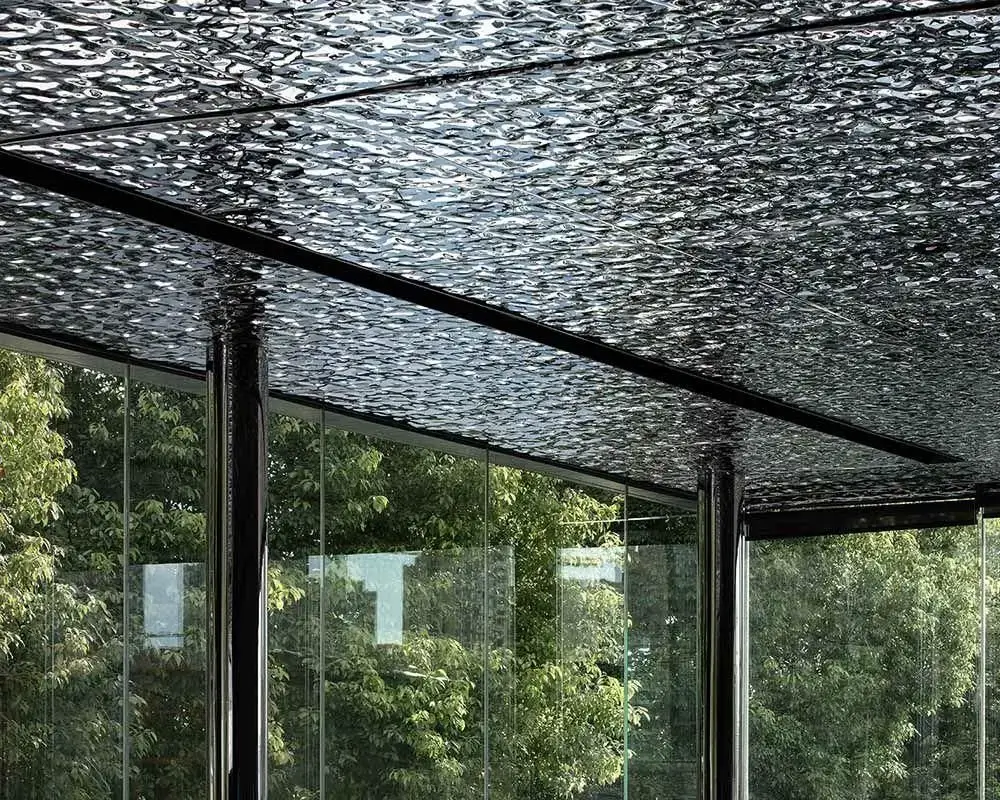
Mesh Ceiling -- Intertwine Your Ceiling
Mesh ceilings visually extend the height of the ceiling. The interwoven grid and metallic elements give the space an industrial feel.
With their unique flat perspective, they combine functionality and aesthetics perfectly. These properties make wire mesh an ideal material for the protection of technical systems. In addition, under different angles of irradiation, they will achieve opaque, translucent or fully transparent effects. Providing solid protection without compromising the overall design and visual harmony of the space.
Each system comes with a complete structural profile and wire mesh elements, which simplifies installation for contractors. In addition, the wire mesh can be customized to meet the needs of the spray and ventilation system, ensuring compliance with building codes while maintaining the consistency and finish of the design.
When built with round wire, architectural wire mesh diffuses sound waves in all directions. The taut panels are fastened to the mounting system. This prevents damaging vibrations and improves sound quality. This optimization is crucial in large venues like convention centers, lecture halls, and theaters. In these places, sound clarity is vital.
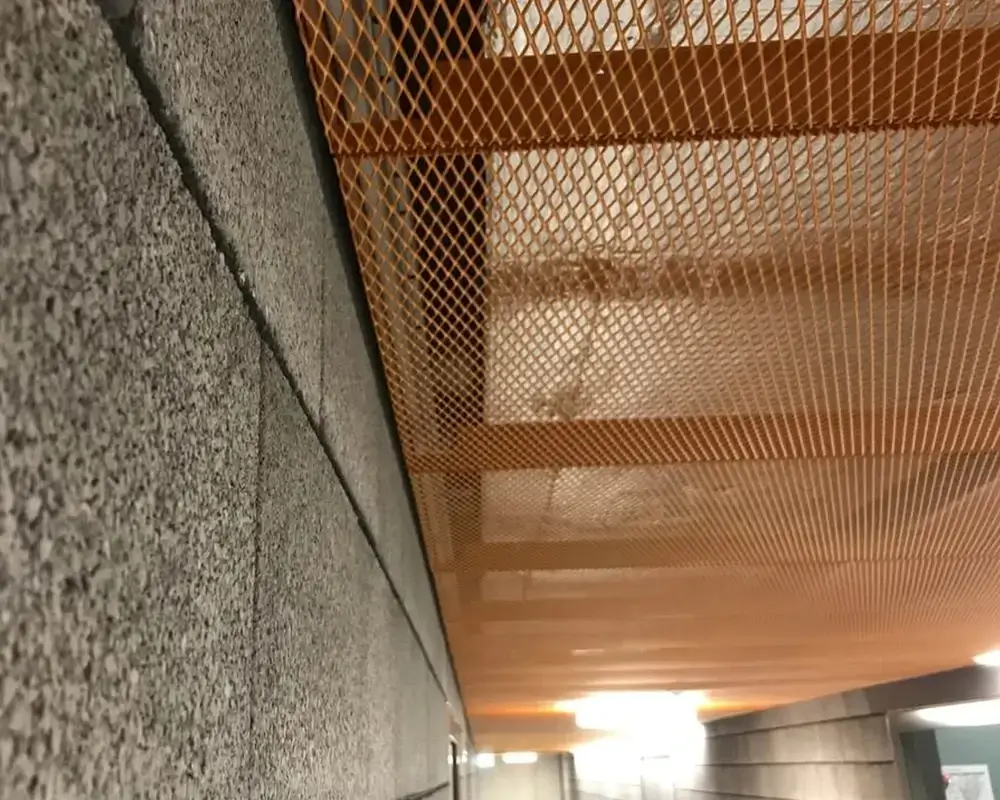
Special Shaped Ceiling -- Sense of Personality
Aesthetics and function go hand in hand in the evolution of architectural design. Design boundaries are constantly being pushed. People seek materials that provide visual impact.
At the same time, consumers seek individuality when it comes to shapes. Shaped ceilings can distort the perception of space. They do this more than traditional flat ceilings. They complement the minimalist design.
Besides, shaped ceilings offer a high degree of flexibility in design. Shaped ceilings can meet users’ needs for both complex shapes and functionality. This category has a great sense of creativity.
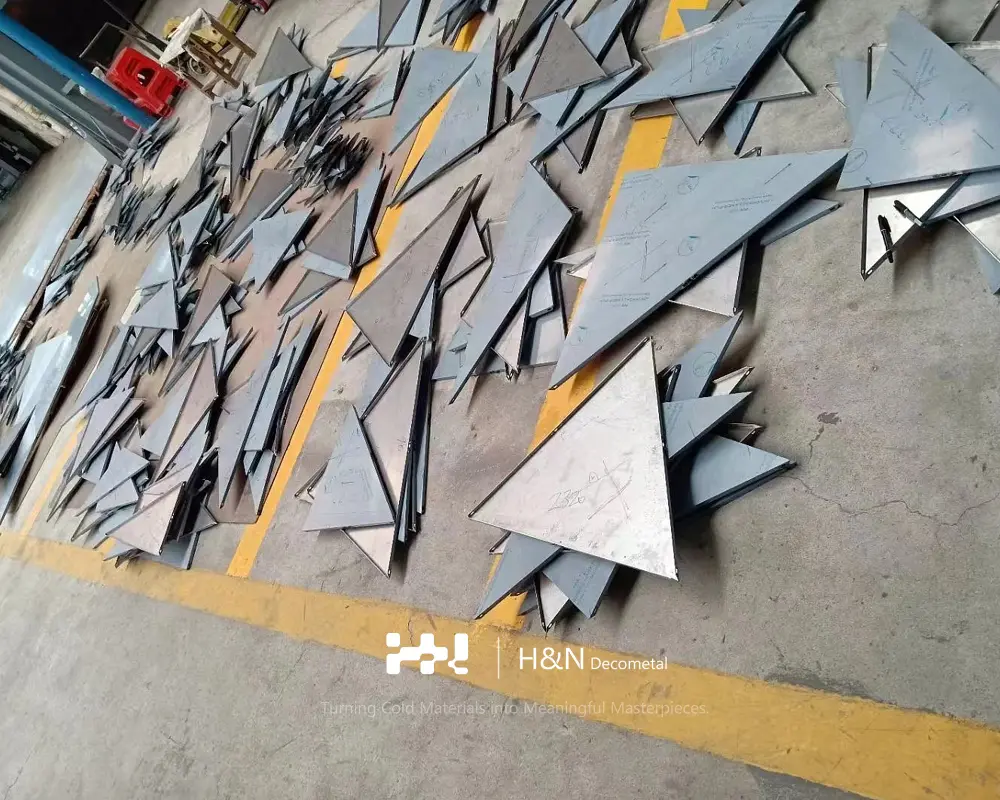
Metal Ceiling Design Ideas in Different Spaces
Commercial Spaces(office, retail)
In commercial spaces, metal ceilings should be designed to be both aesthetically pleasing and functional.
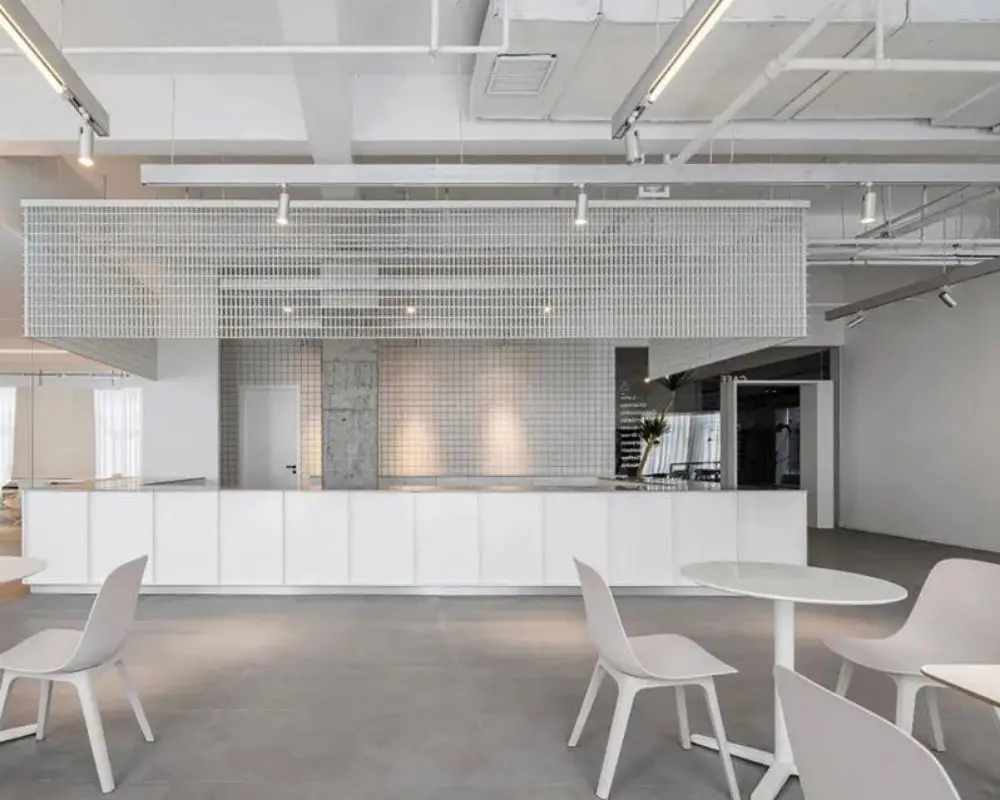
Hotel Industry (lobby, restaurant, bars)
-
A public dining area is a place for people to eat and relax, so visual comfort and reasonable space arrangement often leave a deep impression. Designers often use stainless steel integrated molded decorative ceilings for such spaces, such as bowl-shaped or spherical ceiling designs, or create water ripple effects on flat steel plates to produce a shimmering visual effect. This can enhance the design taste of the restaurant and leave a positive impression on customers.
-
The hotel lobby serves as a crucial space for welcoming guests and making a memorable first impression, making the ceiling design an essential element of the interior. Often, a seamless water ripple ceiling is used, where sheet metal is crafted to create a dynamic, textured surface. For larger spaces, triangular steel panels are incorporated, forming a geometric pattern that enhances the contemporary feel of the architecture.
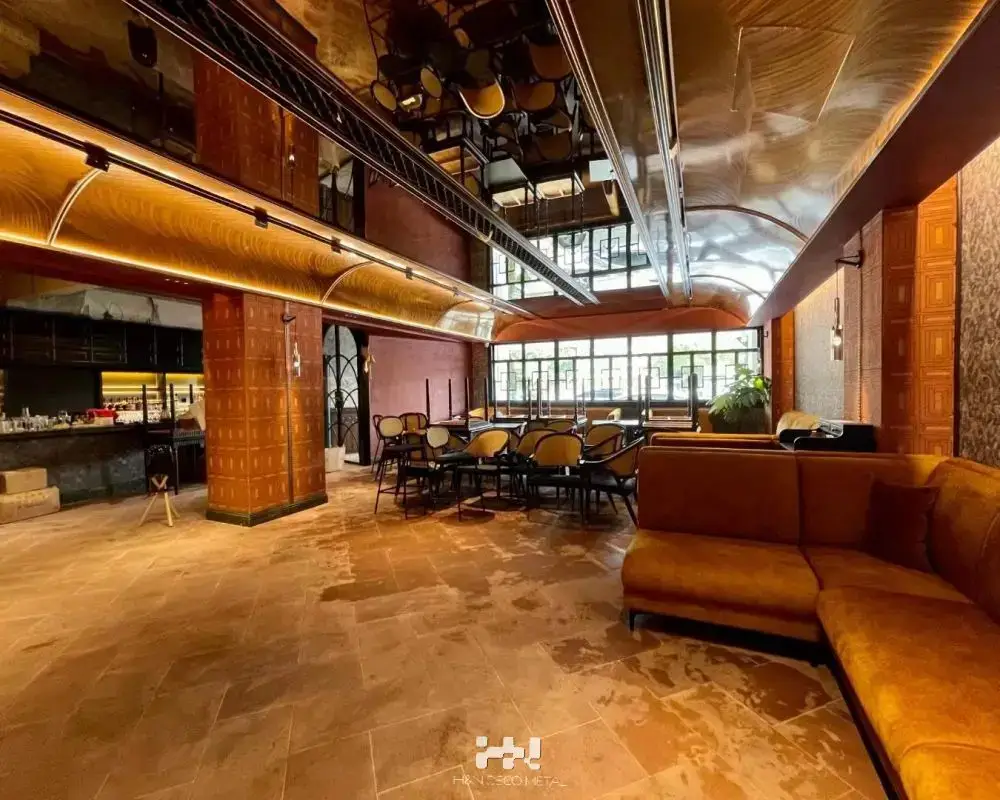
Public architecture (porch, terrace)
When metal materials are used in outdoor design, priority should be given to their durability, and they should be maintained without discoloration and deformation in the case of wind and sun.
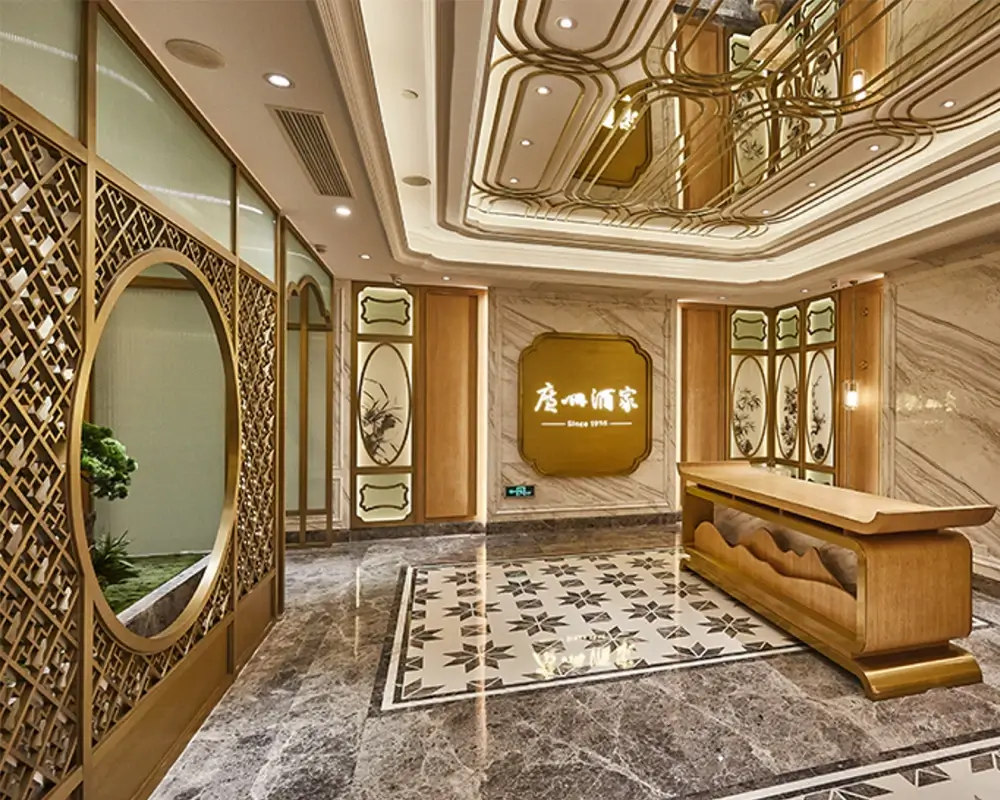
Modern house (living room, kitchen)
Home is a warm place where people spend most of their time. Therefore, the design of the space should be taken into account. The living room serves as a place to entertain guests and can be expanded with mirrored ceilings. The kitchen, on the other hand, needs to be more practical. Some oil-resistant polished stainless steel metal surfaces are also a good choice.
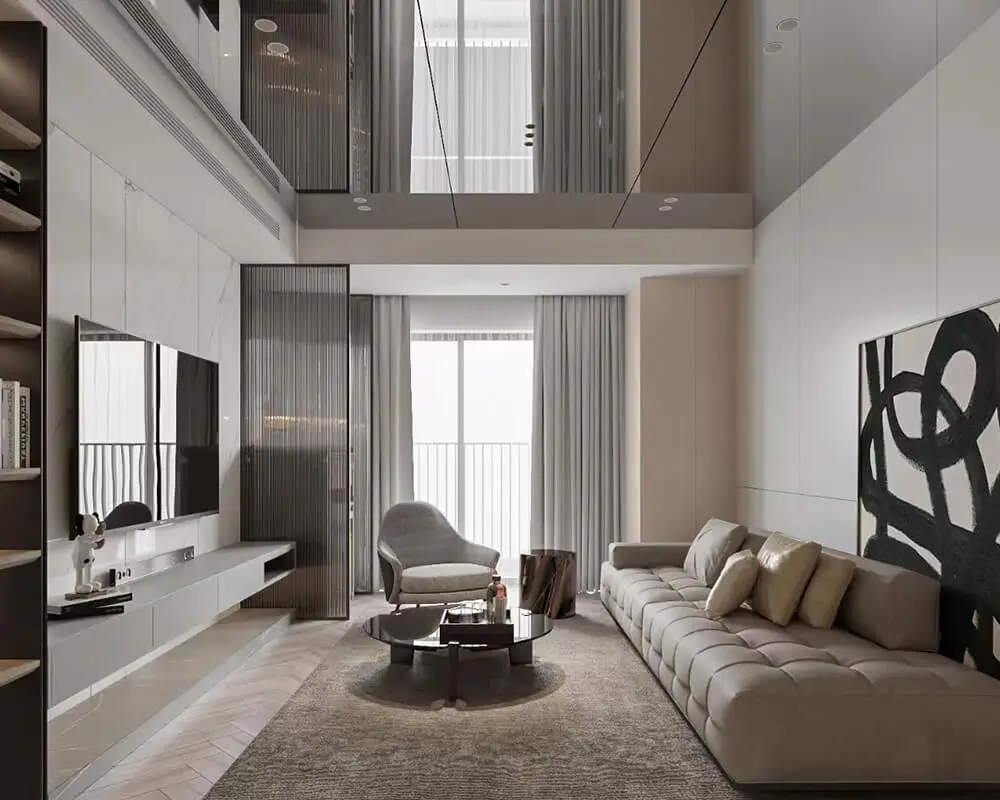
Industrial Space (garage, warehouse)
The most important function of a garage is warehousing and storage, so practicality is prioritized over ornamentation. Corrugated metal panels are durable, well-sealed, low maintenance, and easy to install, so they are suitable for garages, warehouses, and other scenarios.
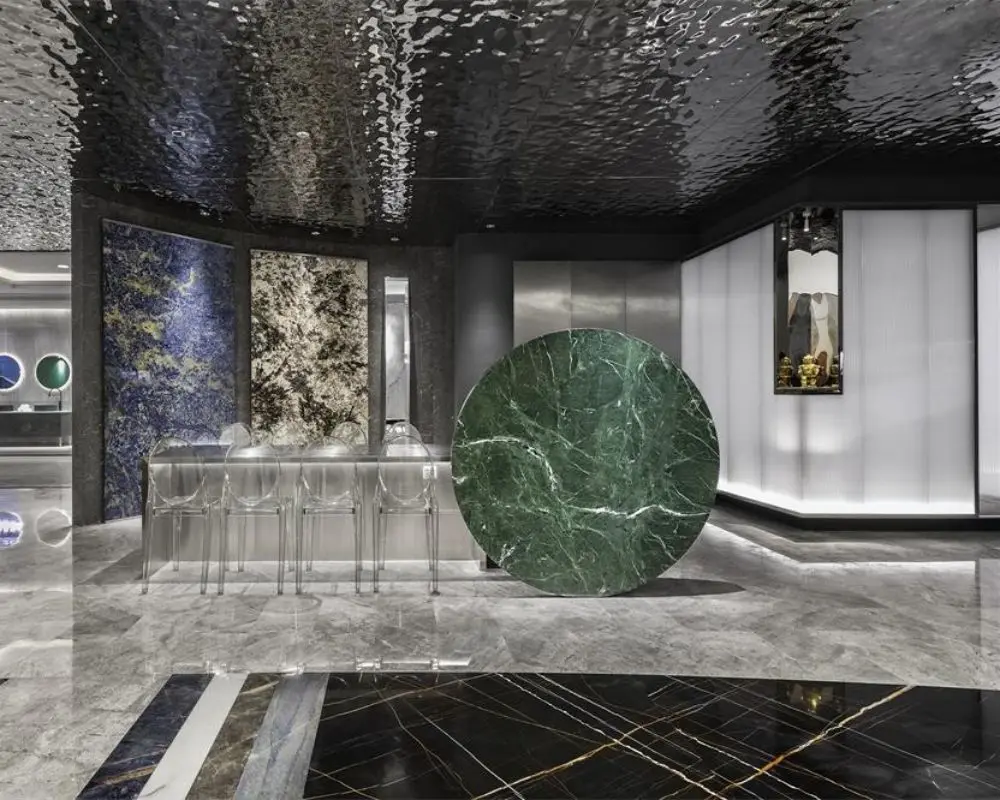
Innovative ceiling trends
Nowadays, designers and consumers are becoming more and more interested in personalizing metal ceilings, and there is a huge demand for customization in the market. Customers favor stainless steel panels with different colors, sizes, shapes and styles to appeal to consumers or to create trendy and comfortable spaces.
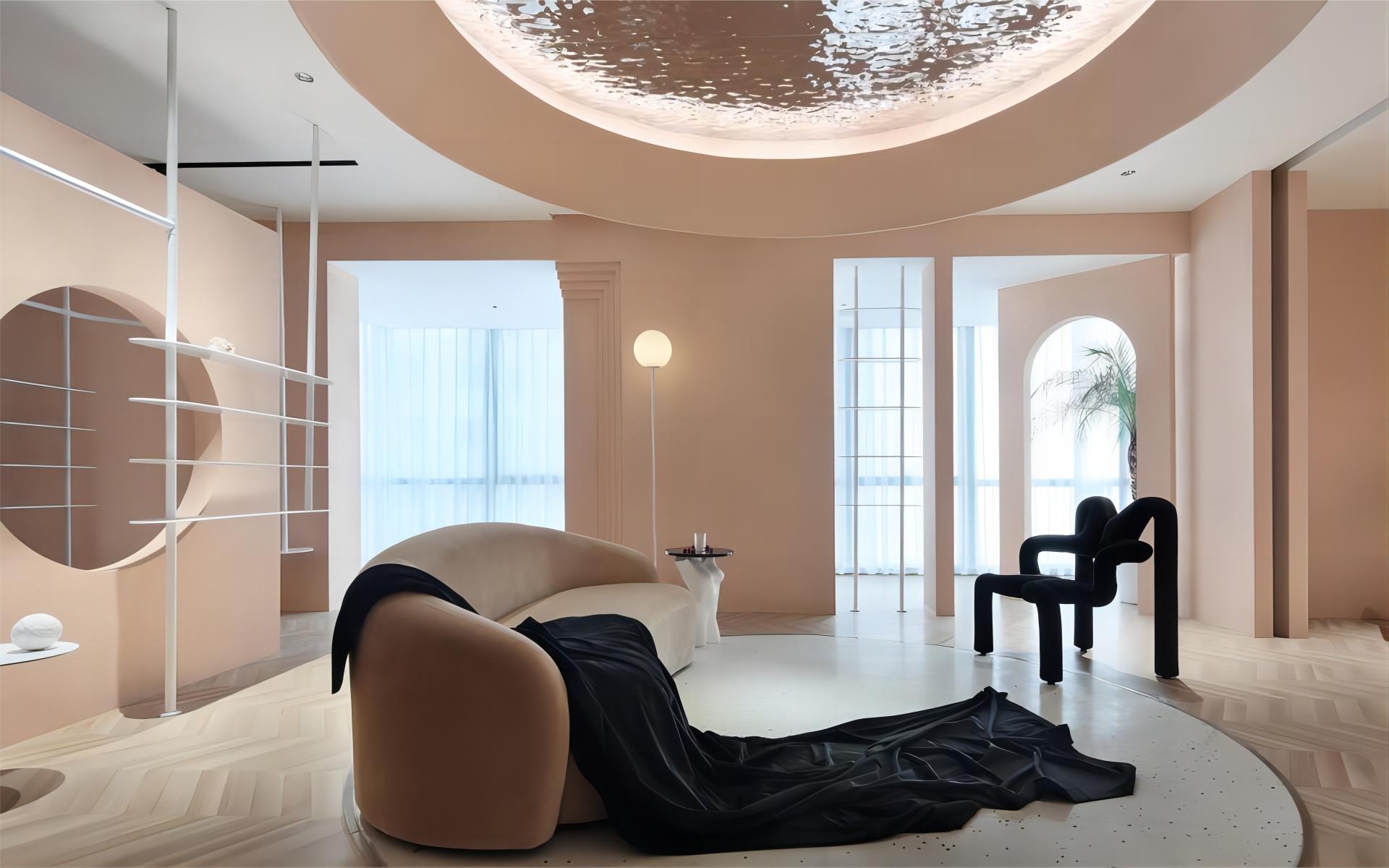
To offer greater design flexibility and customization, lay-in metal ceiling panels can now feature varying depths and dimensions. In addition to the previously available 3D panels, there are now options with sloped and diagonal angles. Furthermore, metal torsion are being manufactured in 3D geometric shapes. It includes triangles and radial panels, enabling the creation of intricate patterns.

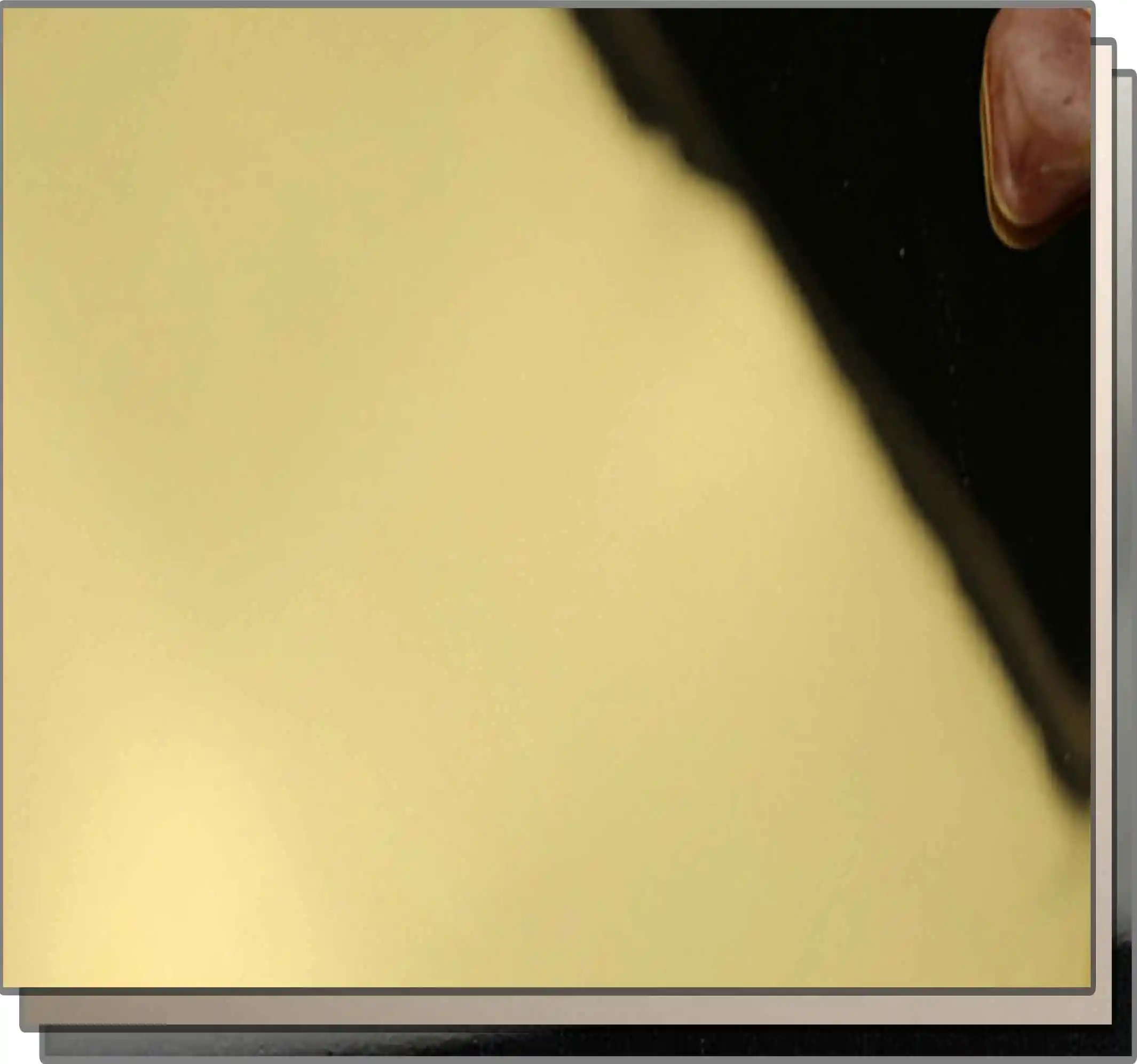
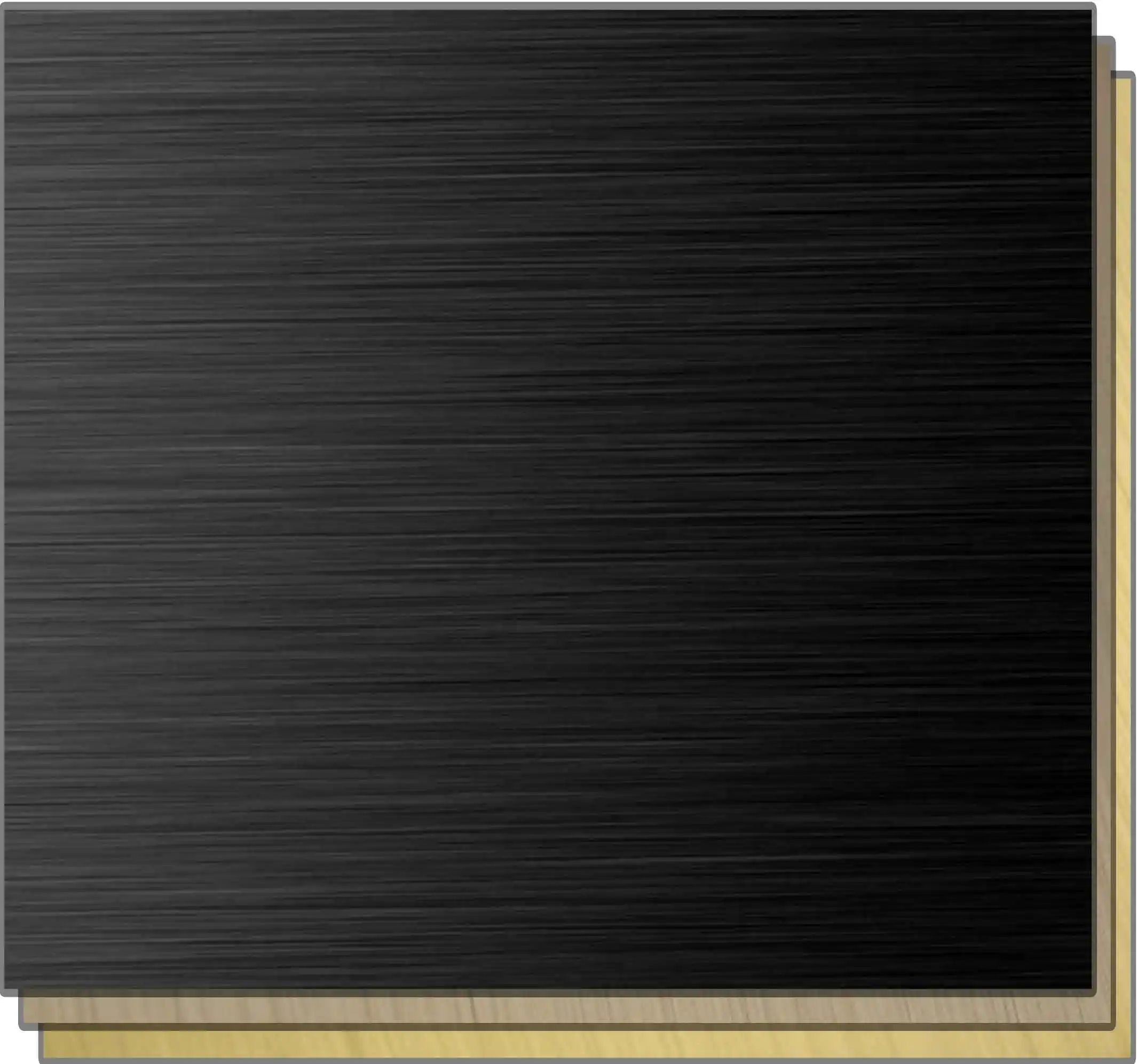
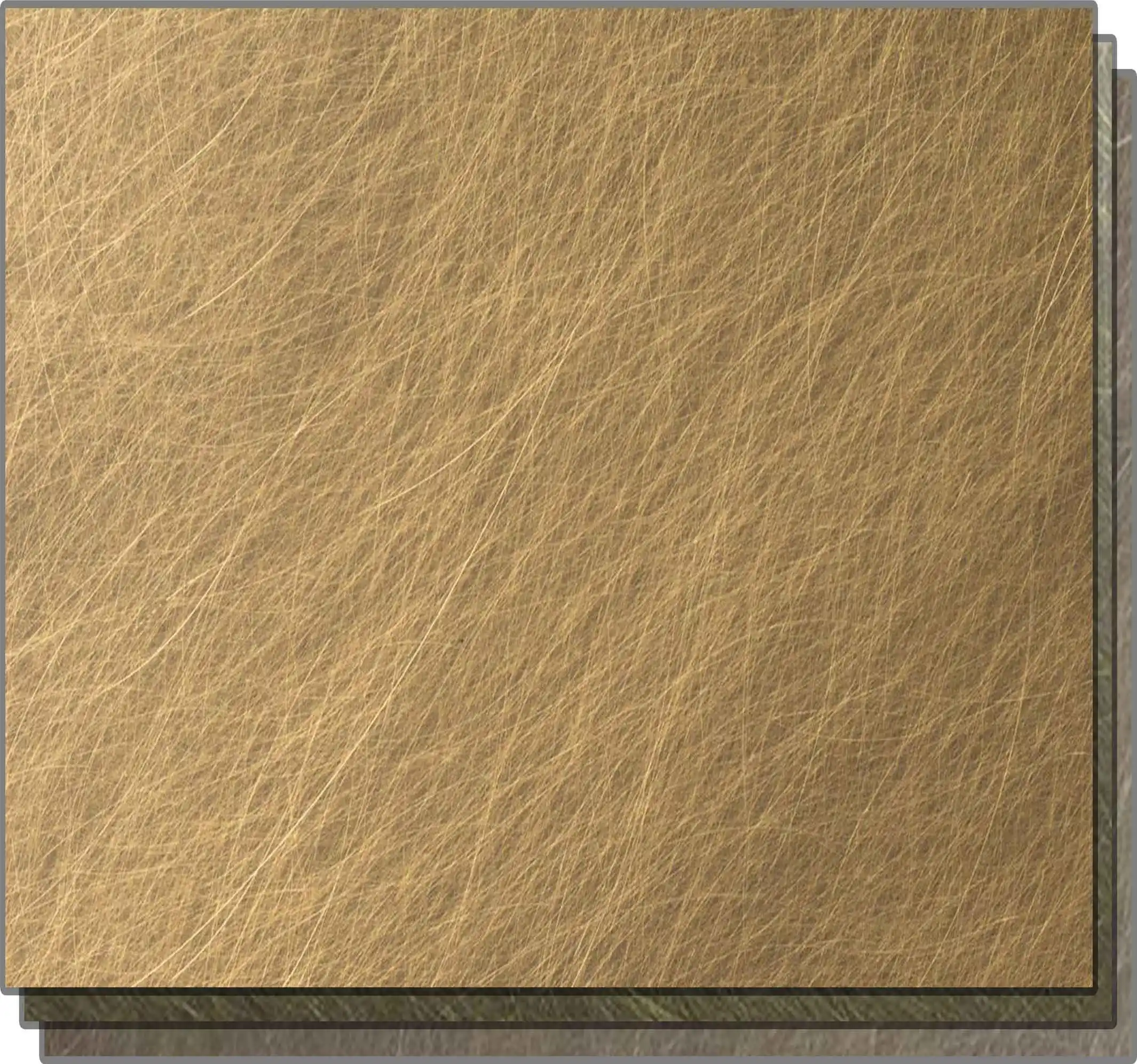
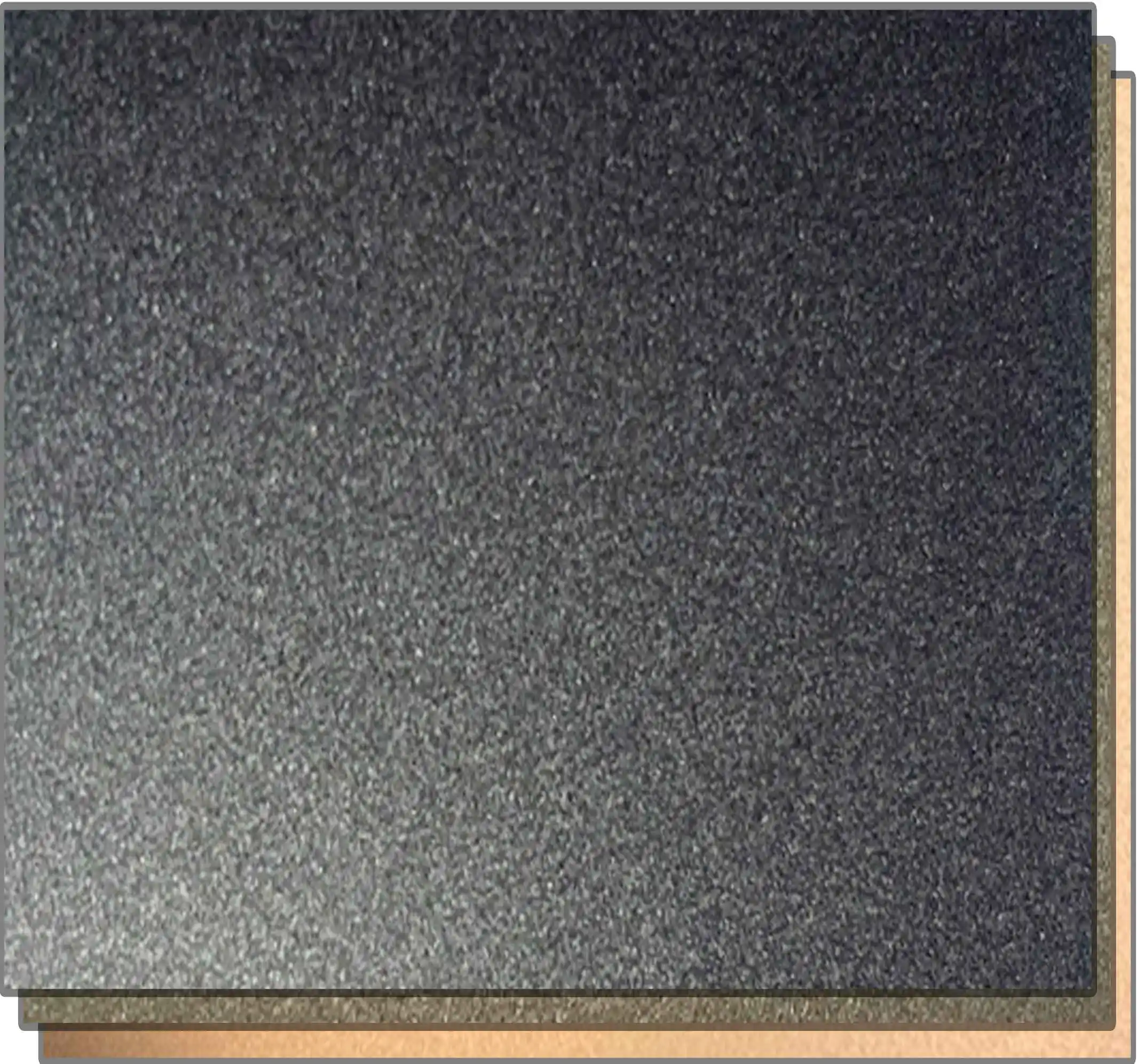
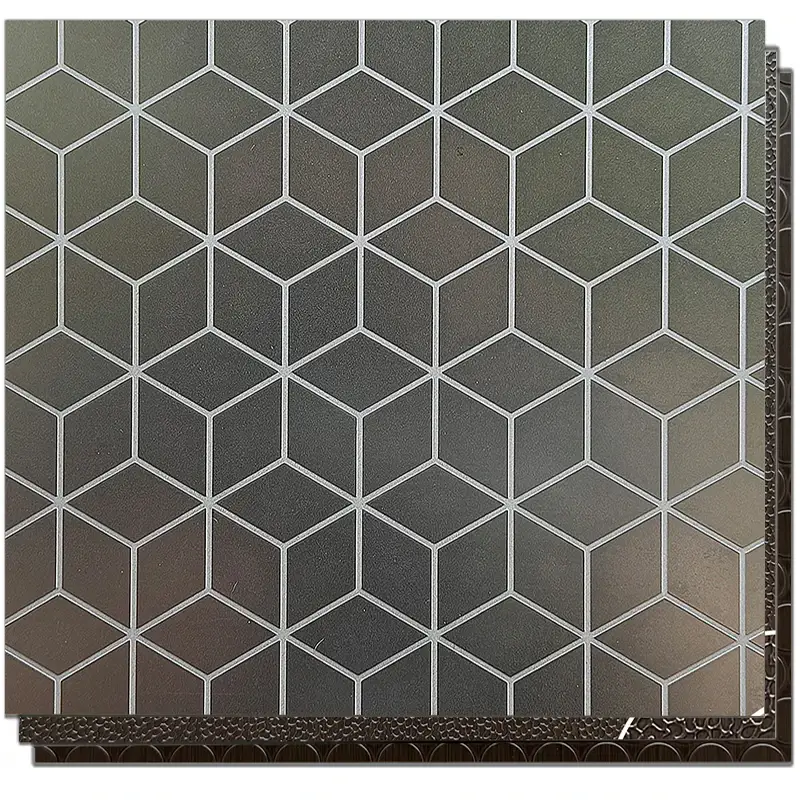
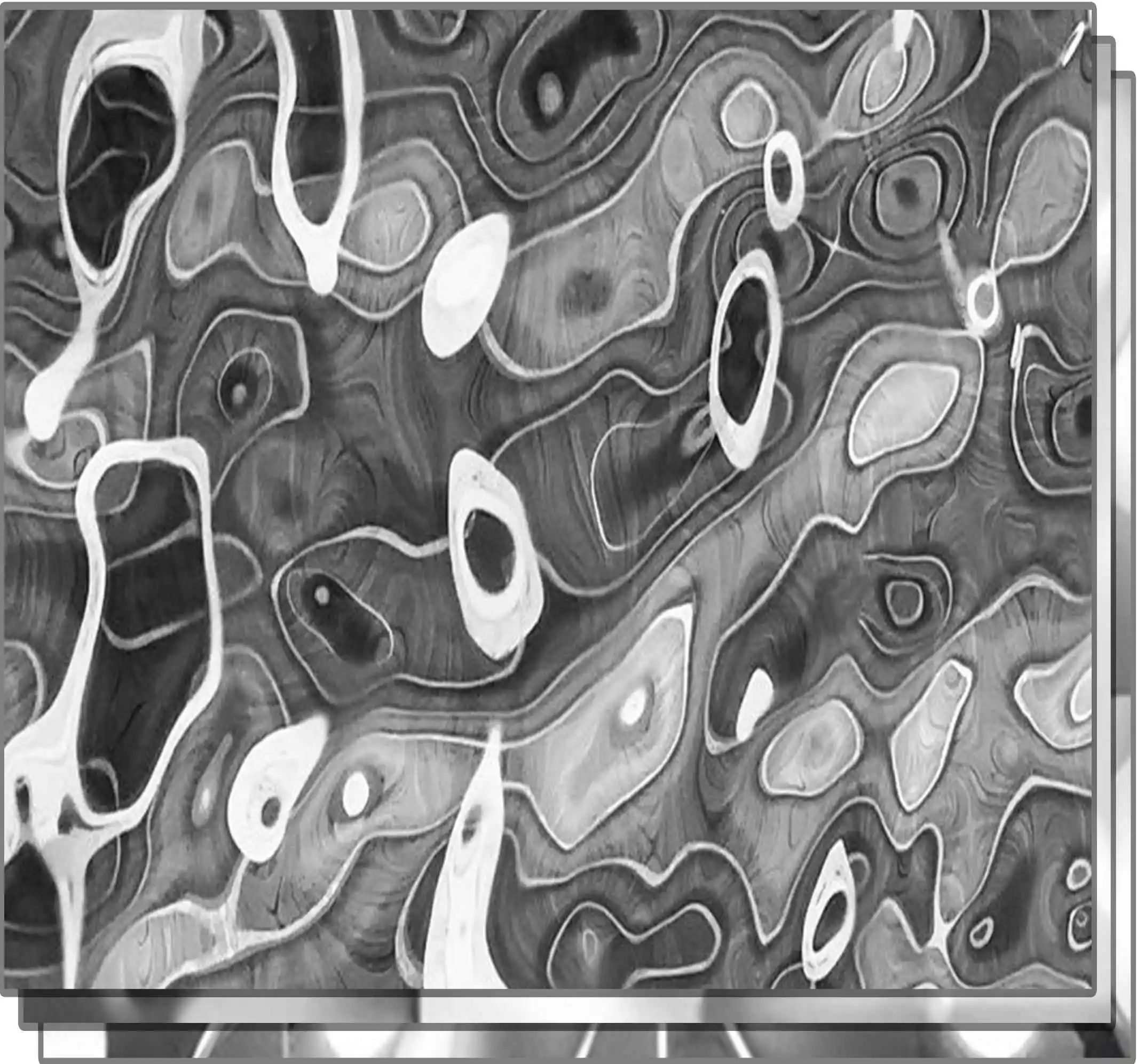
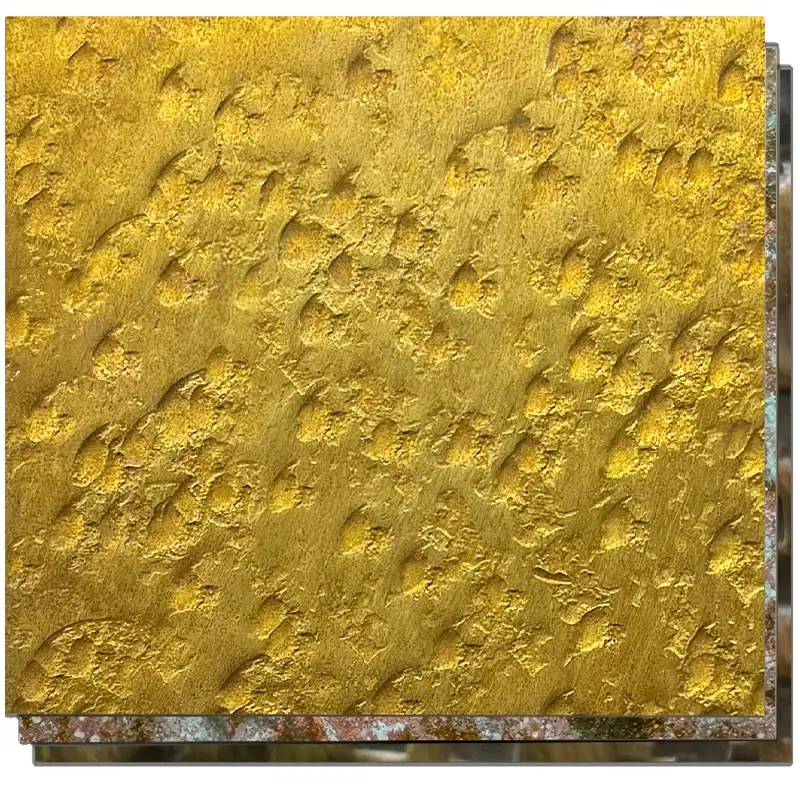
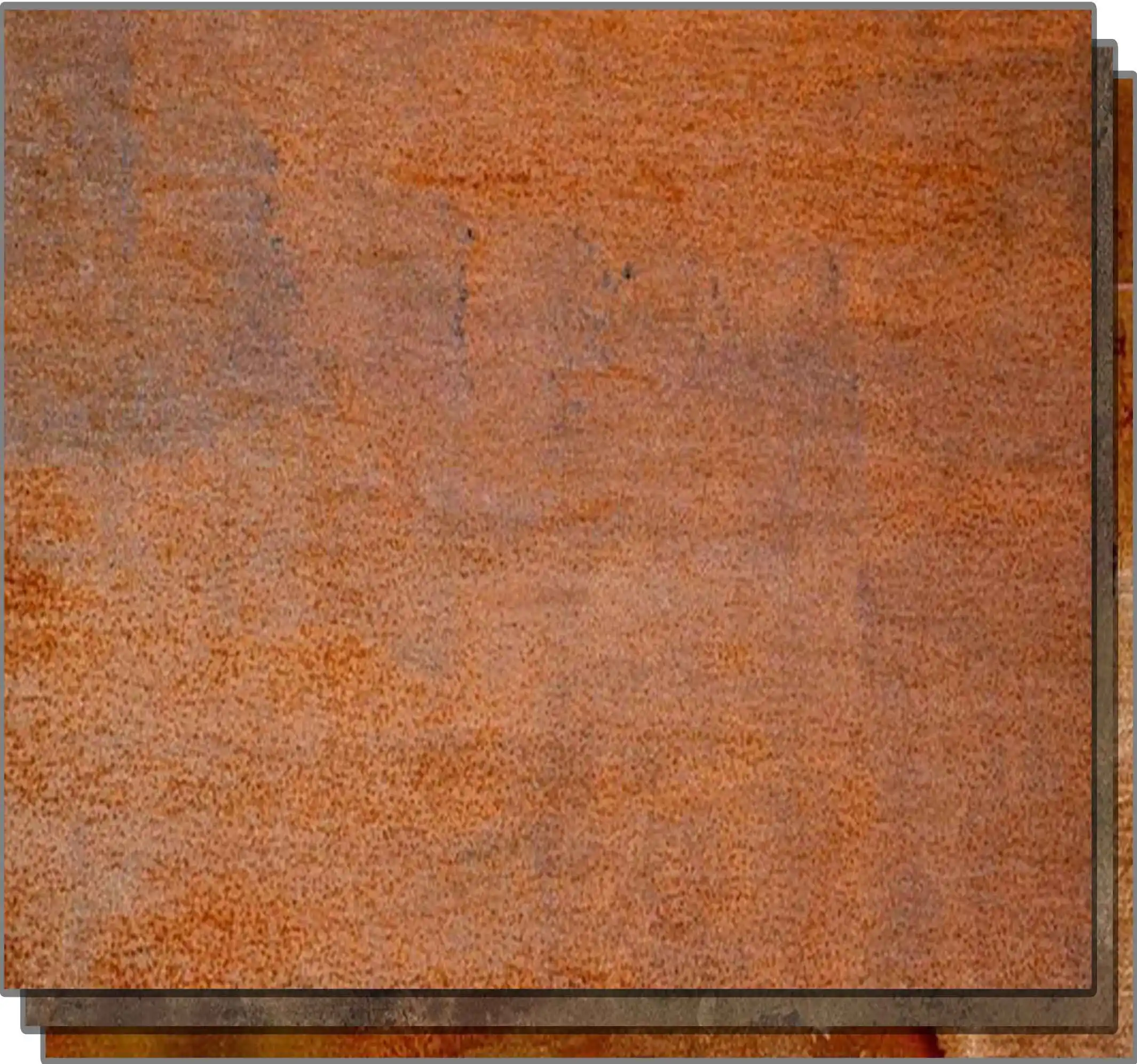
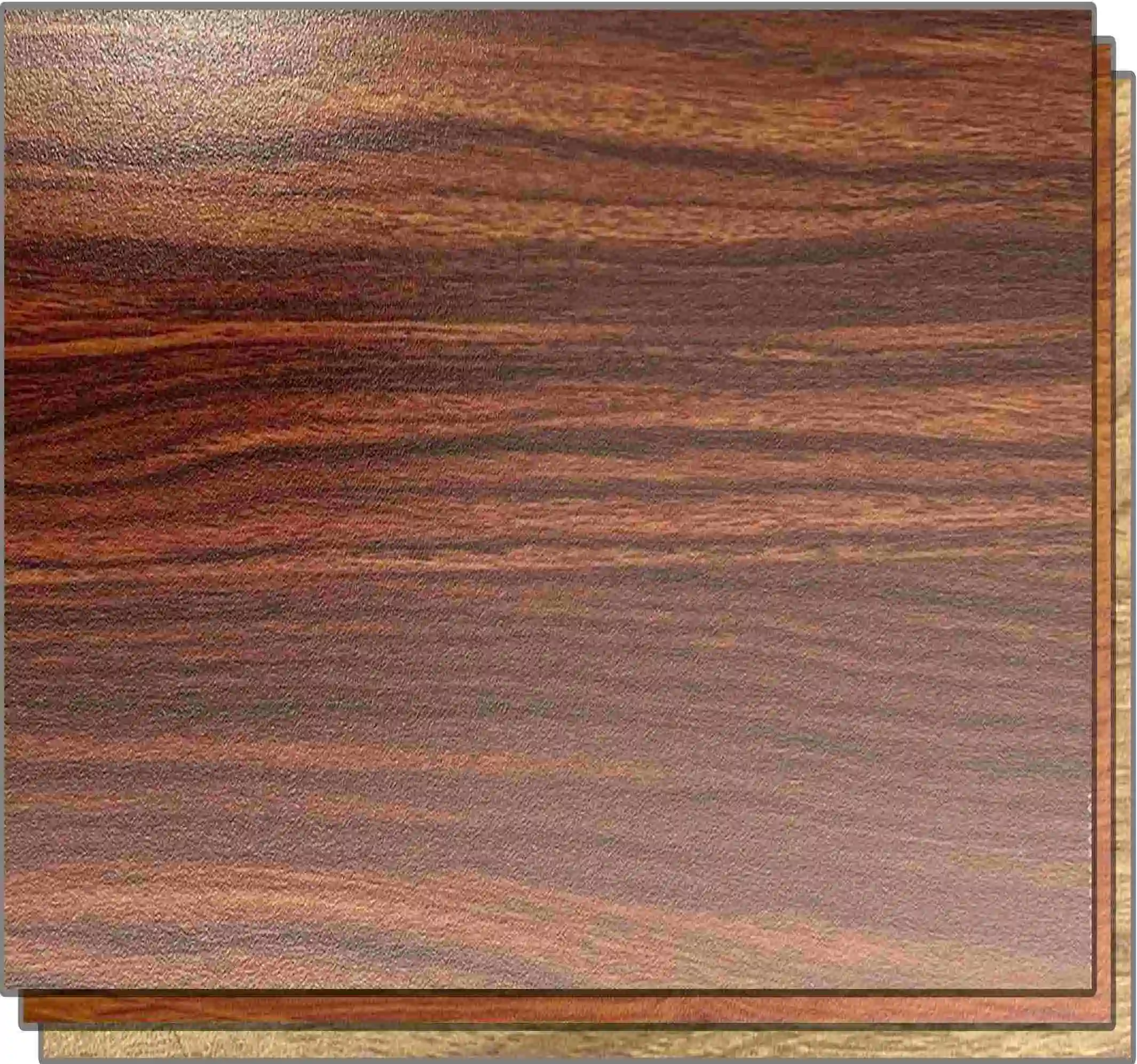
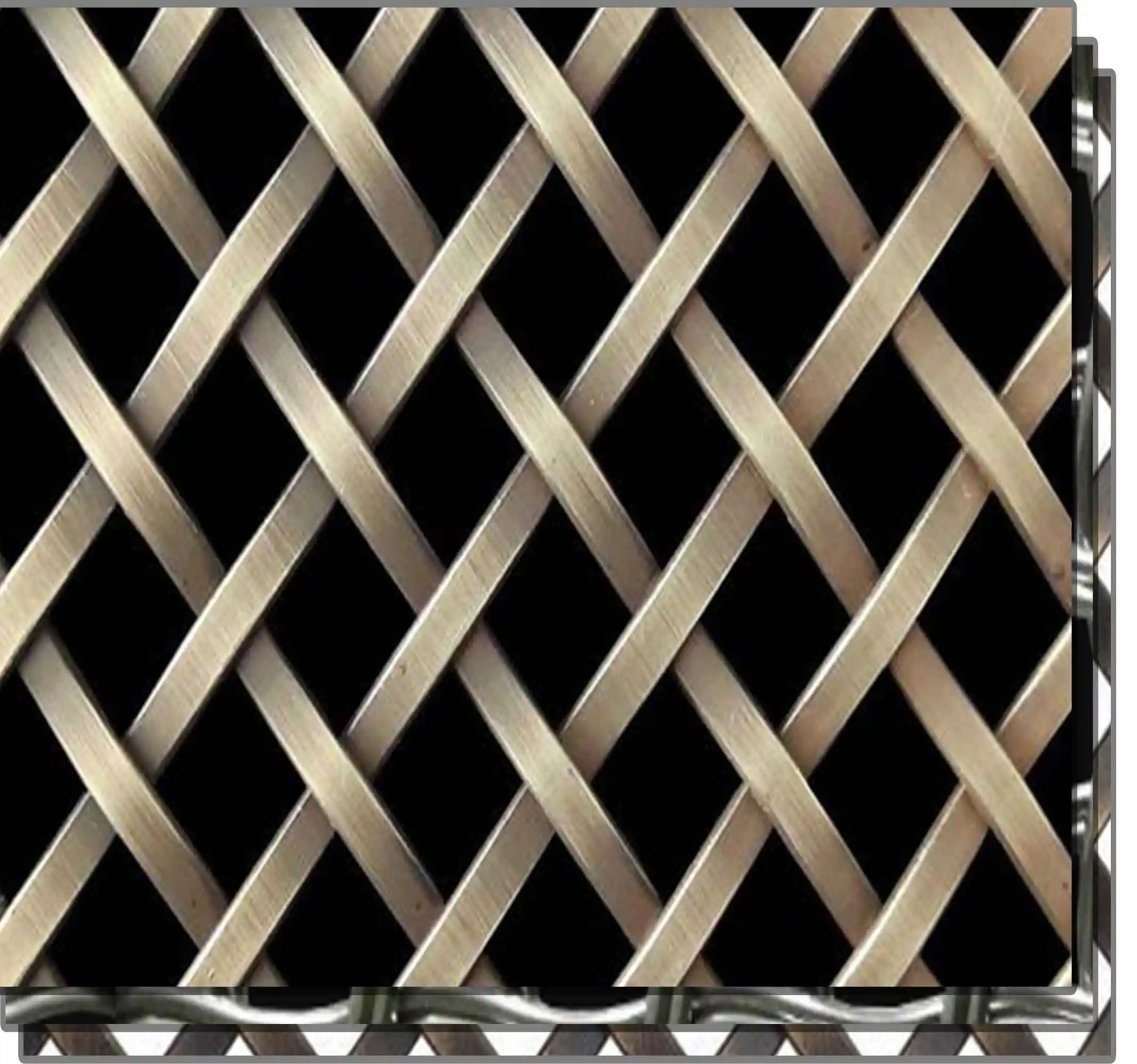
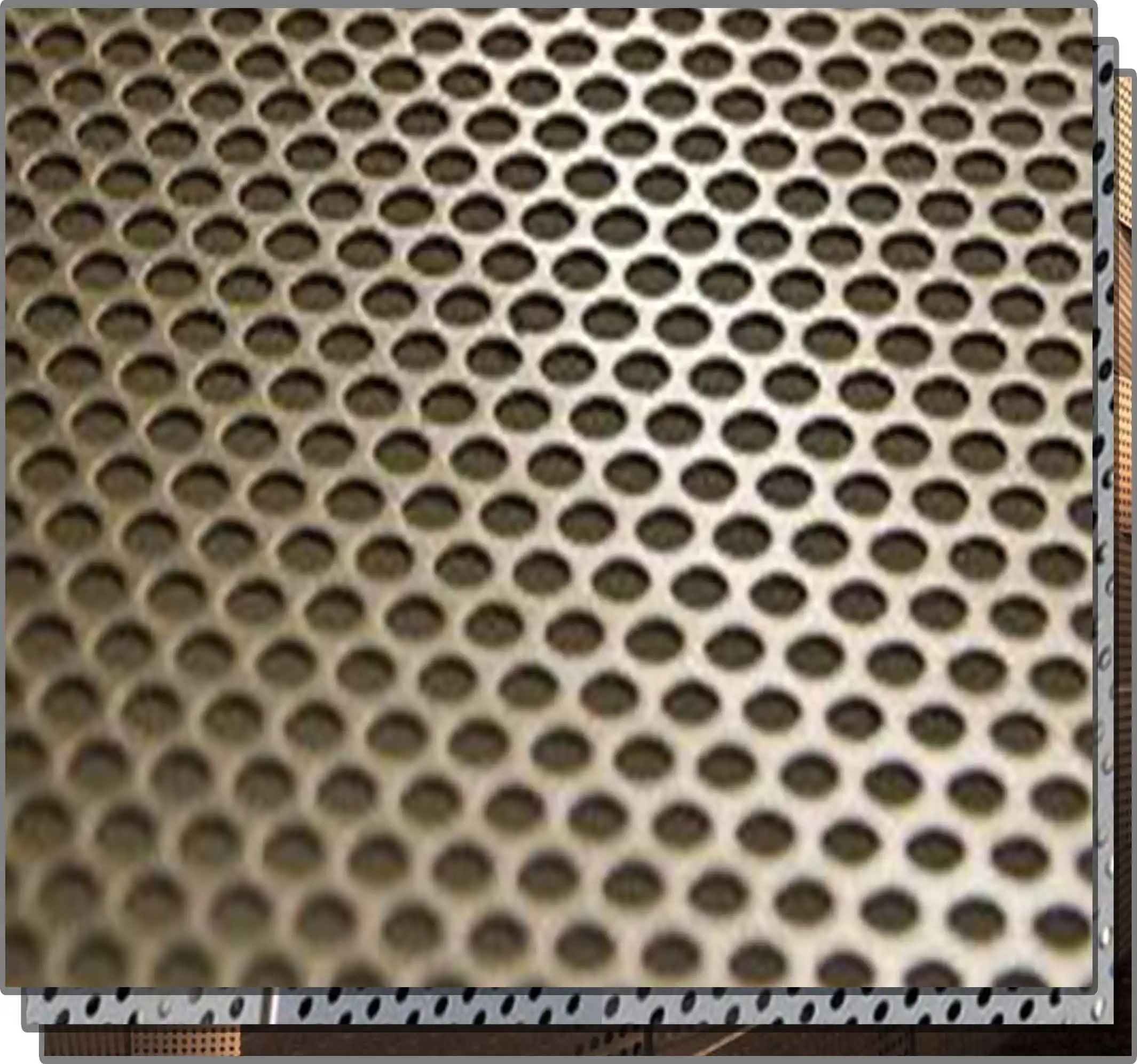
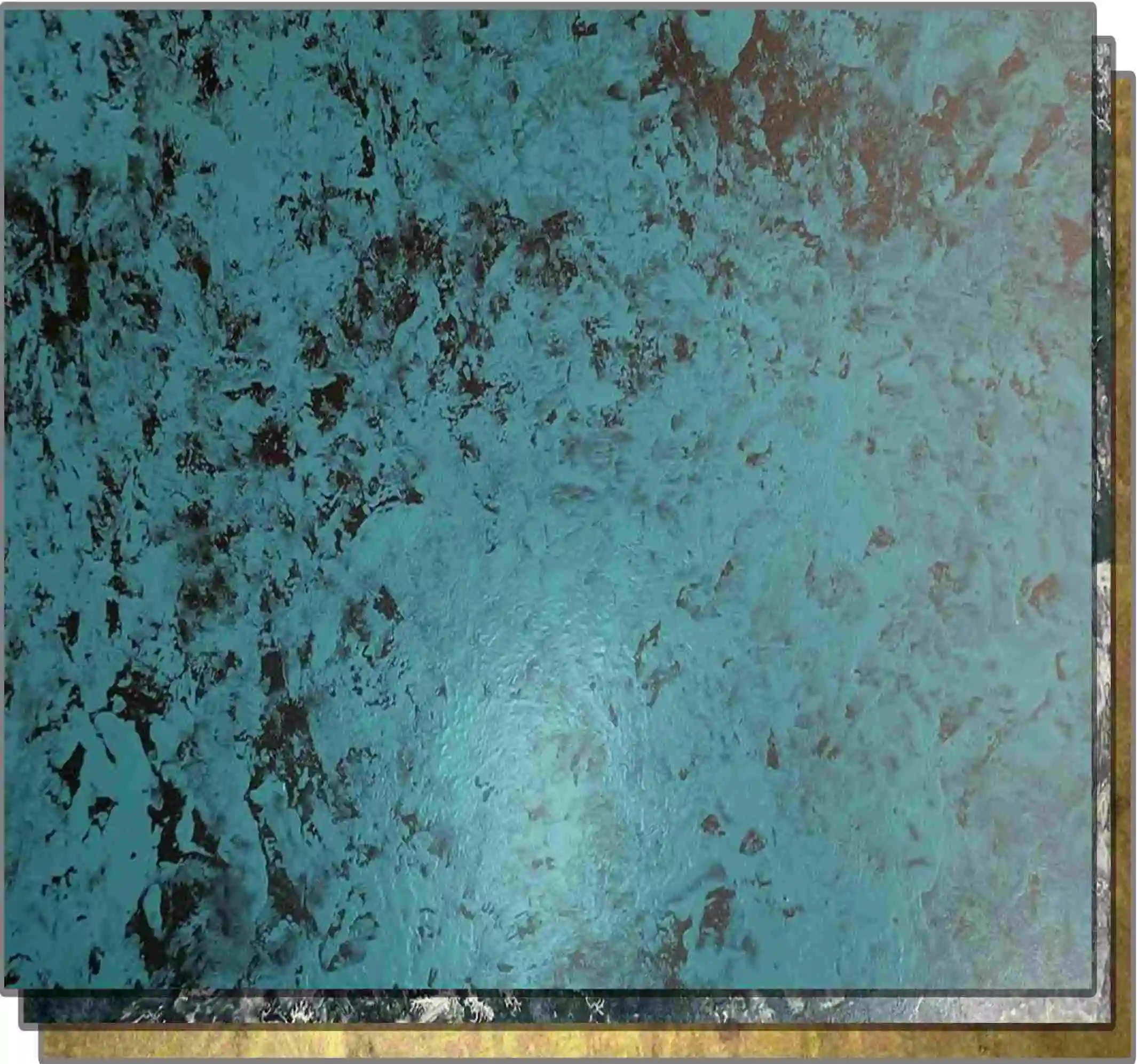
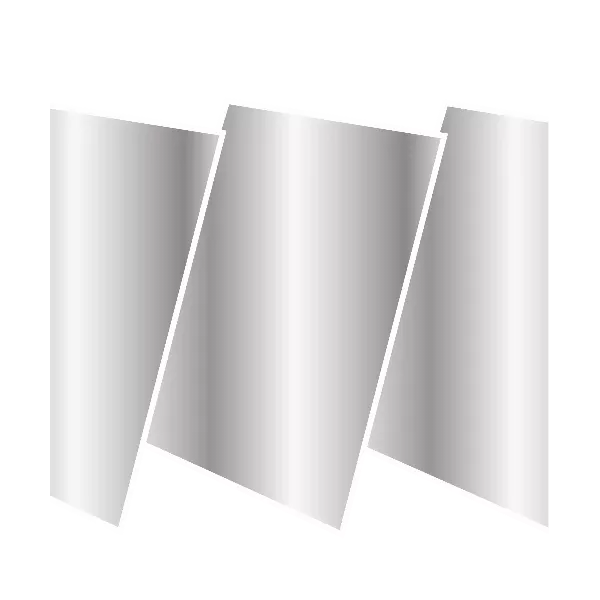

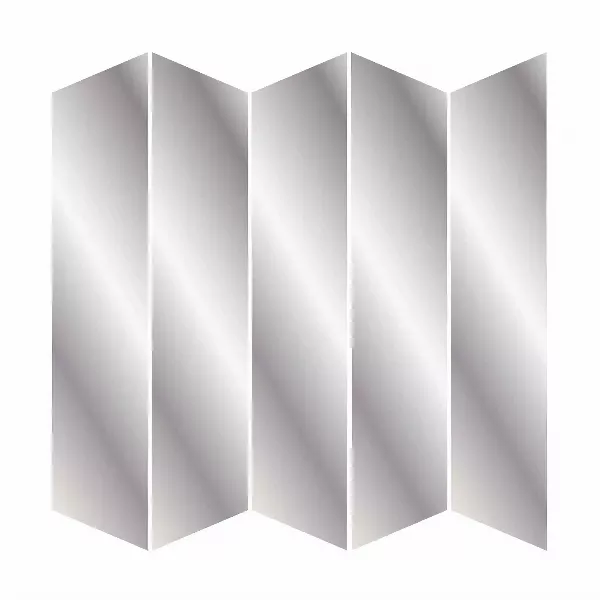
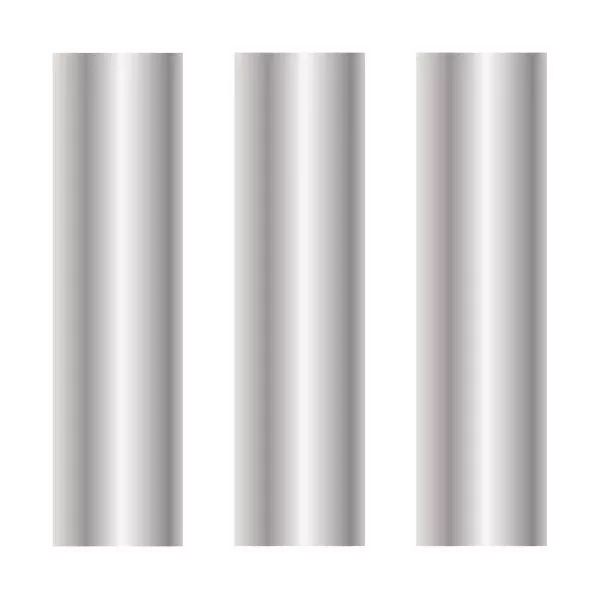
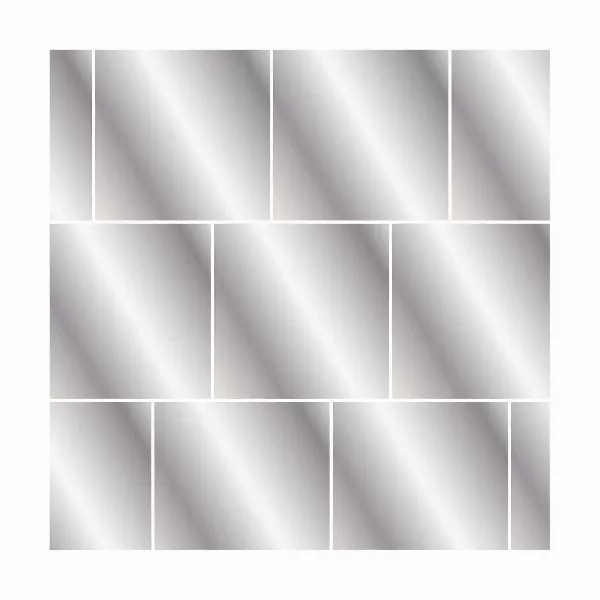

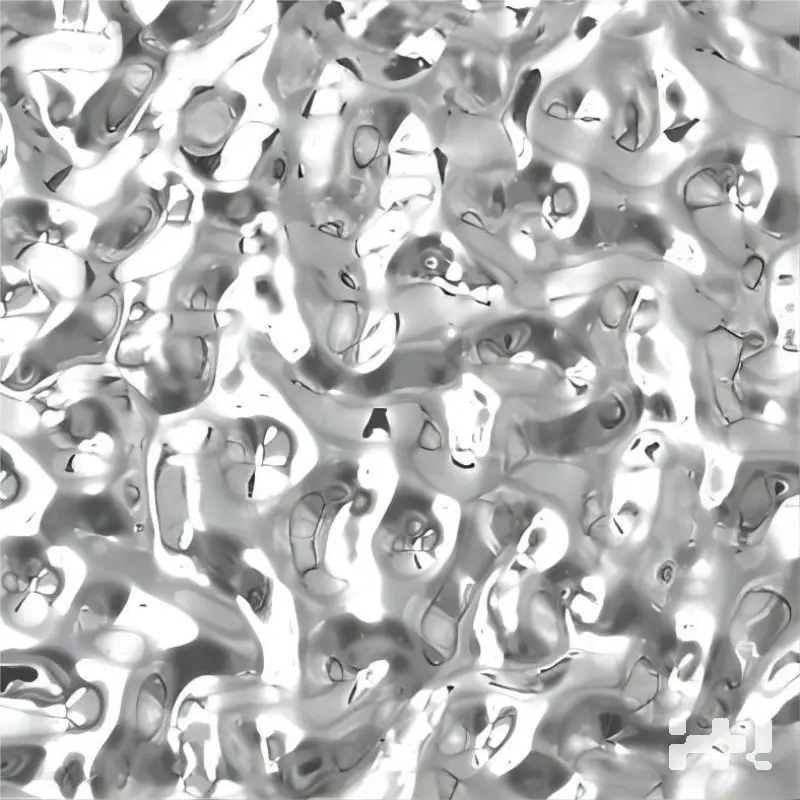
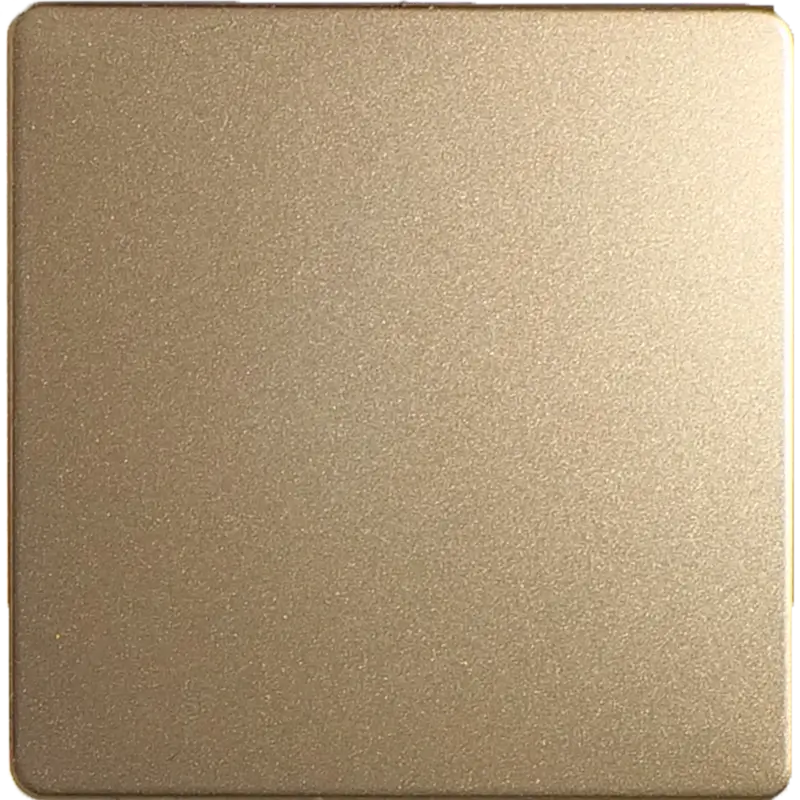
Verwandte Nachrichten
2025-01-16
2025-01-09
2025-01-02
2024-12-30